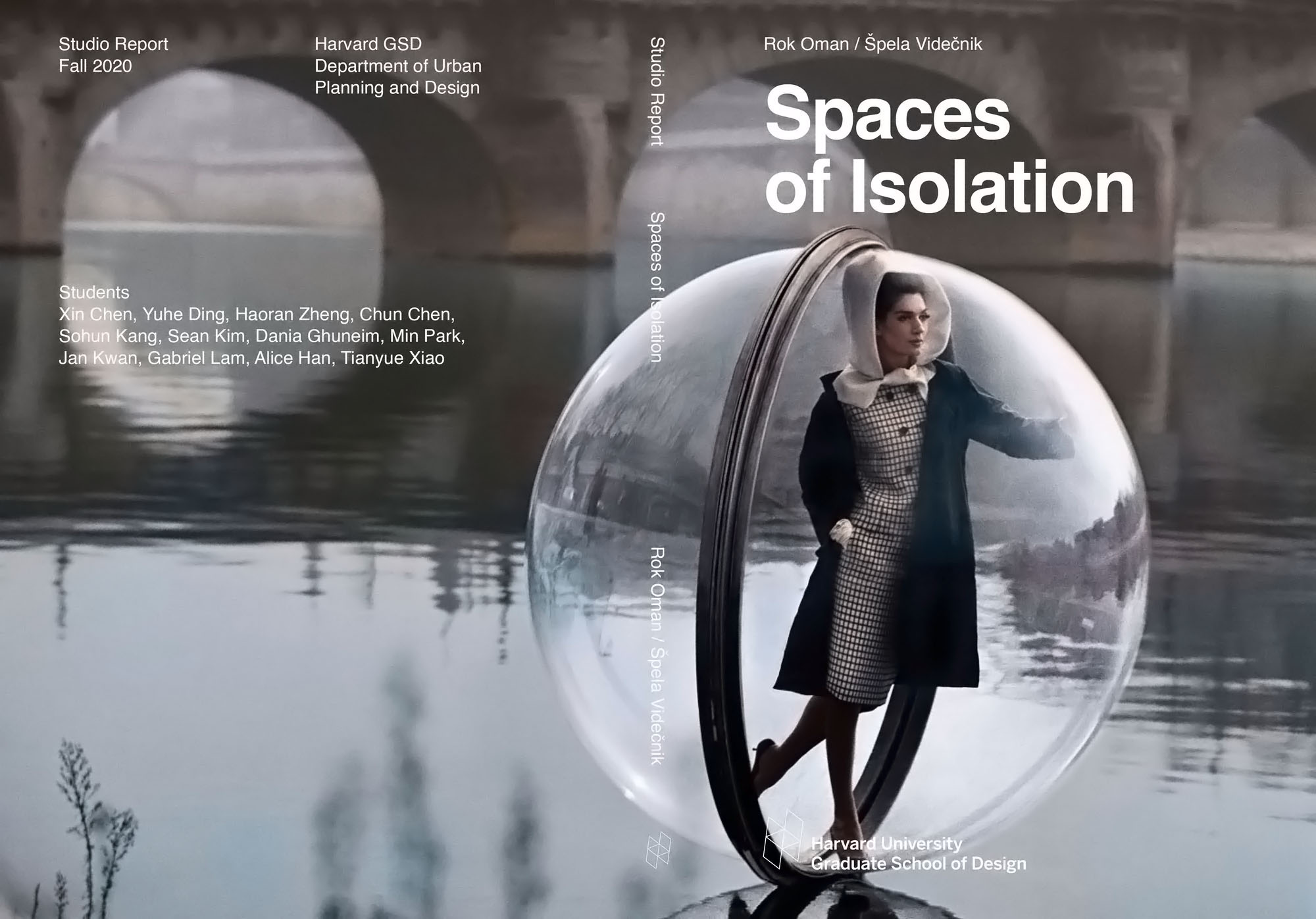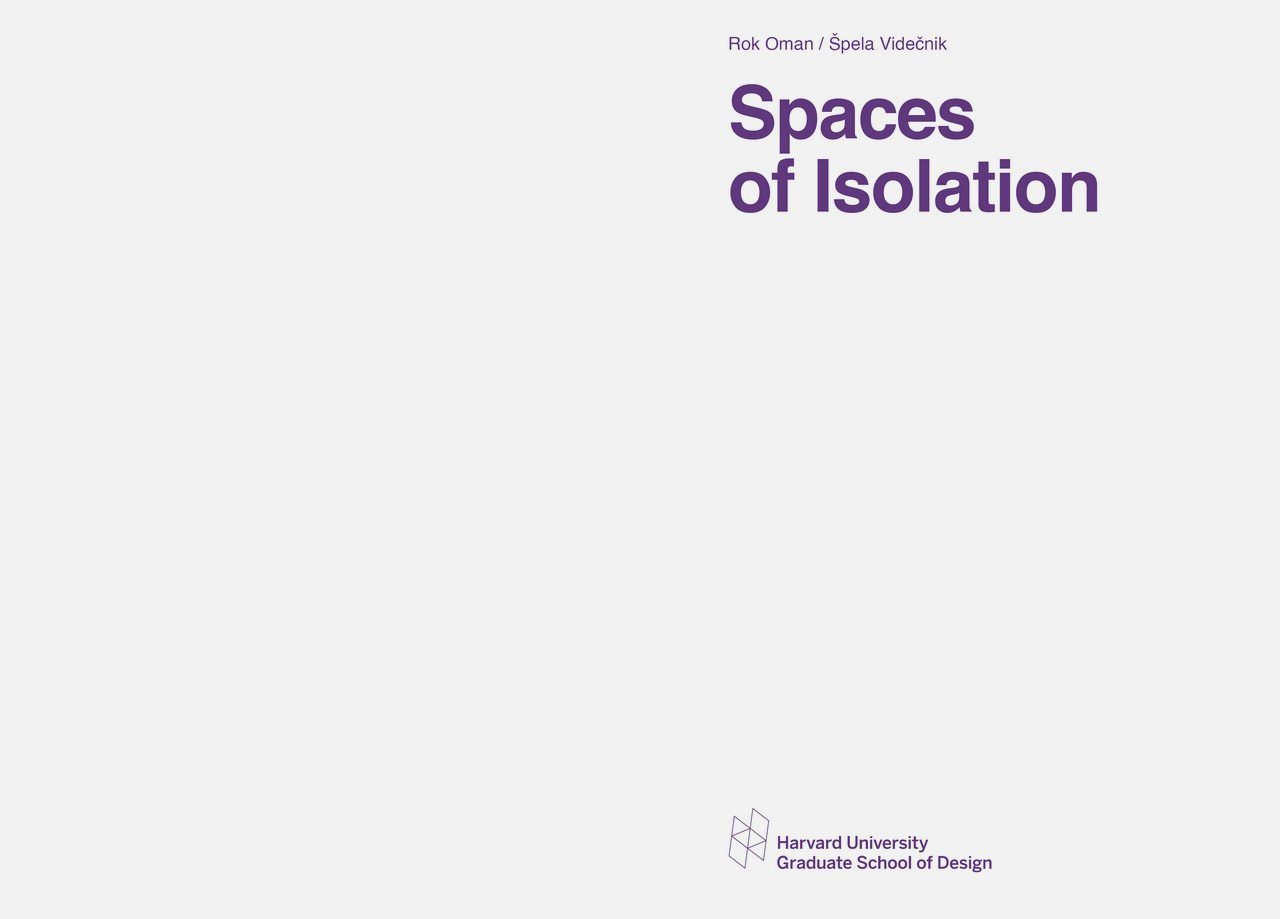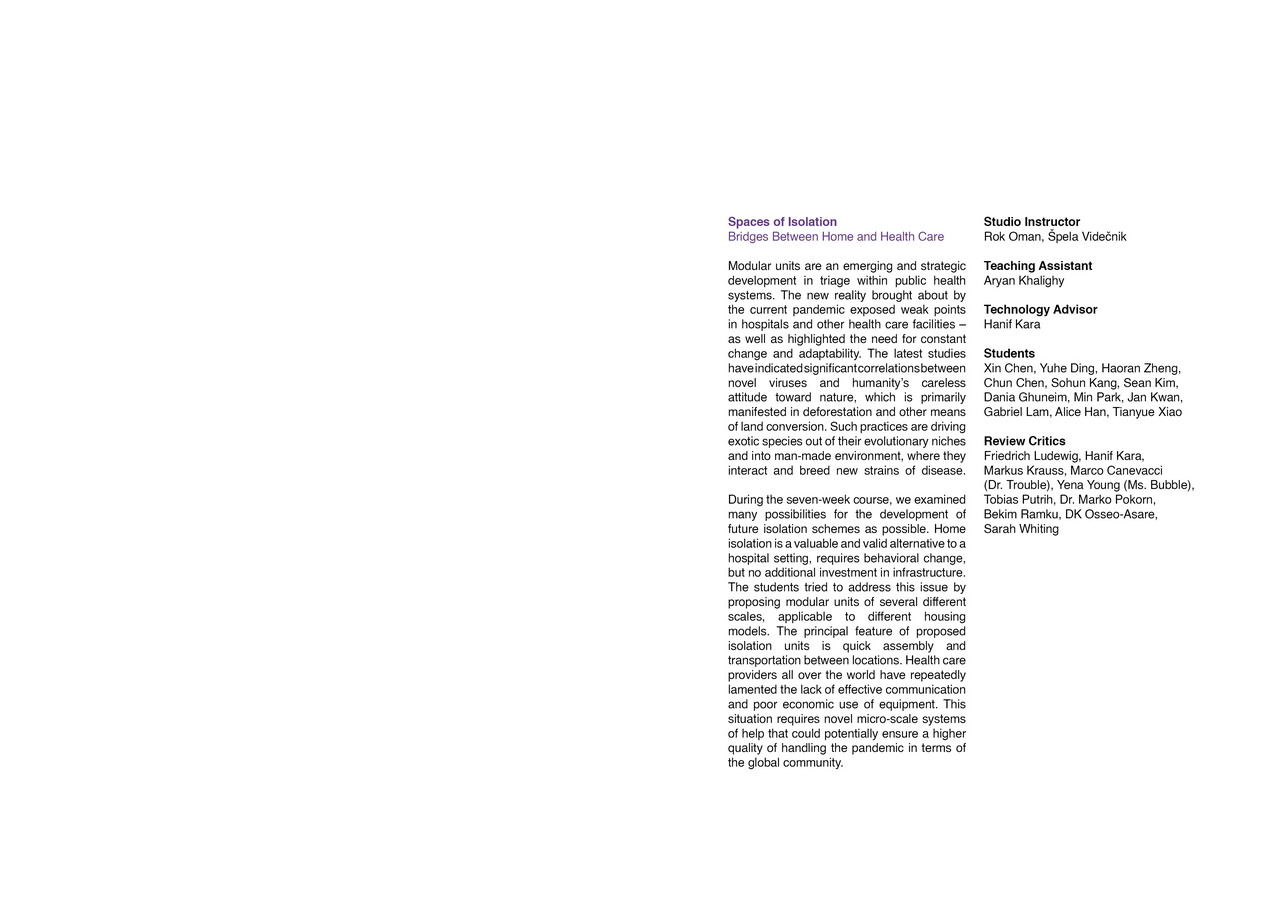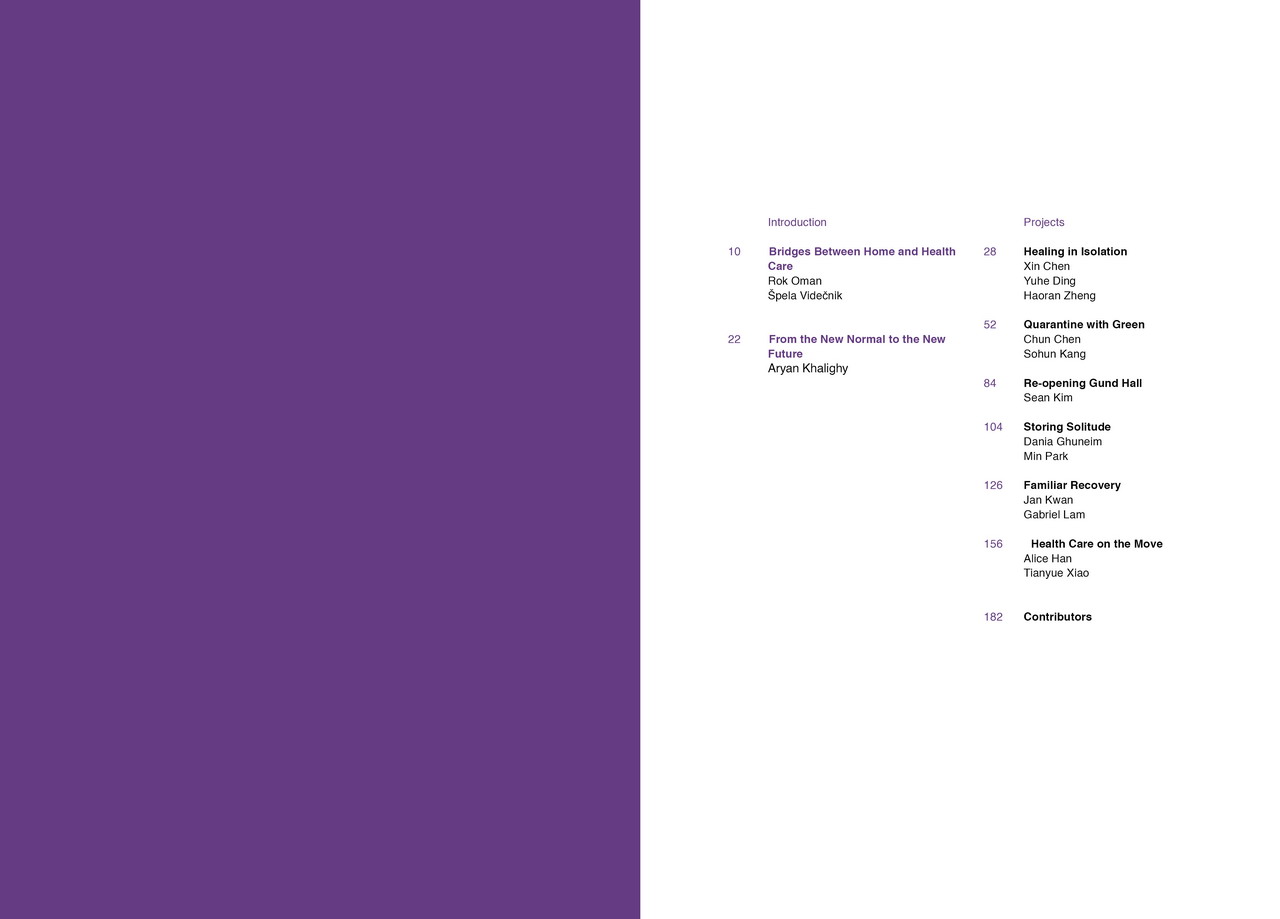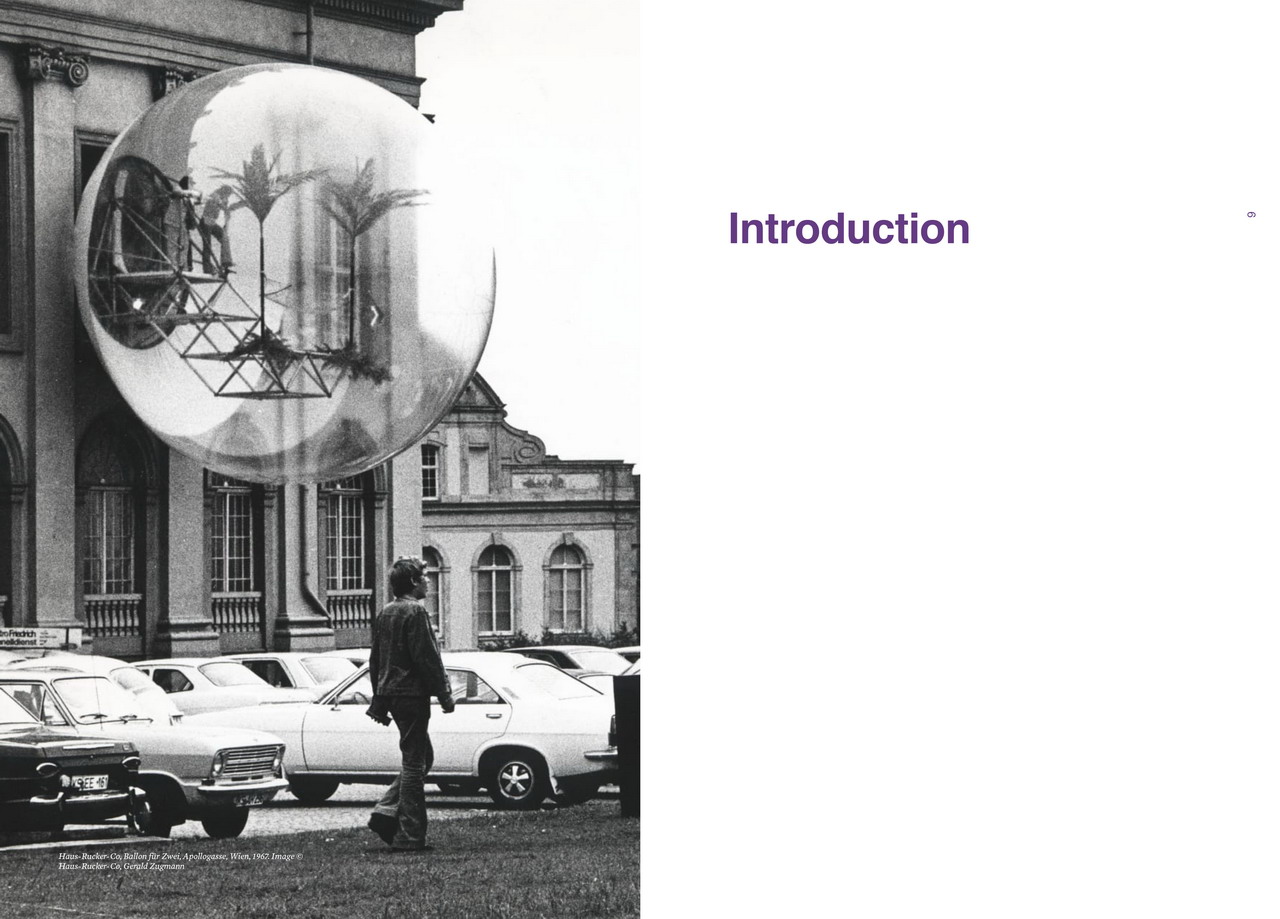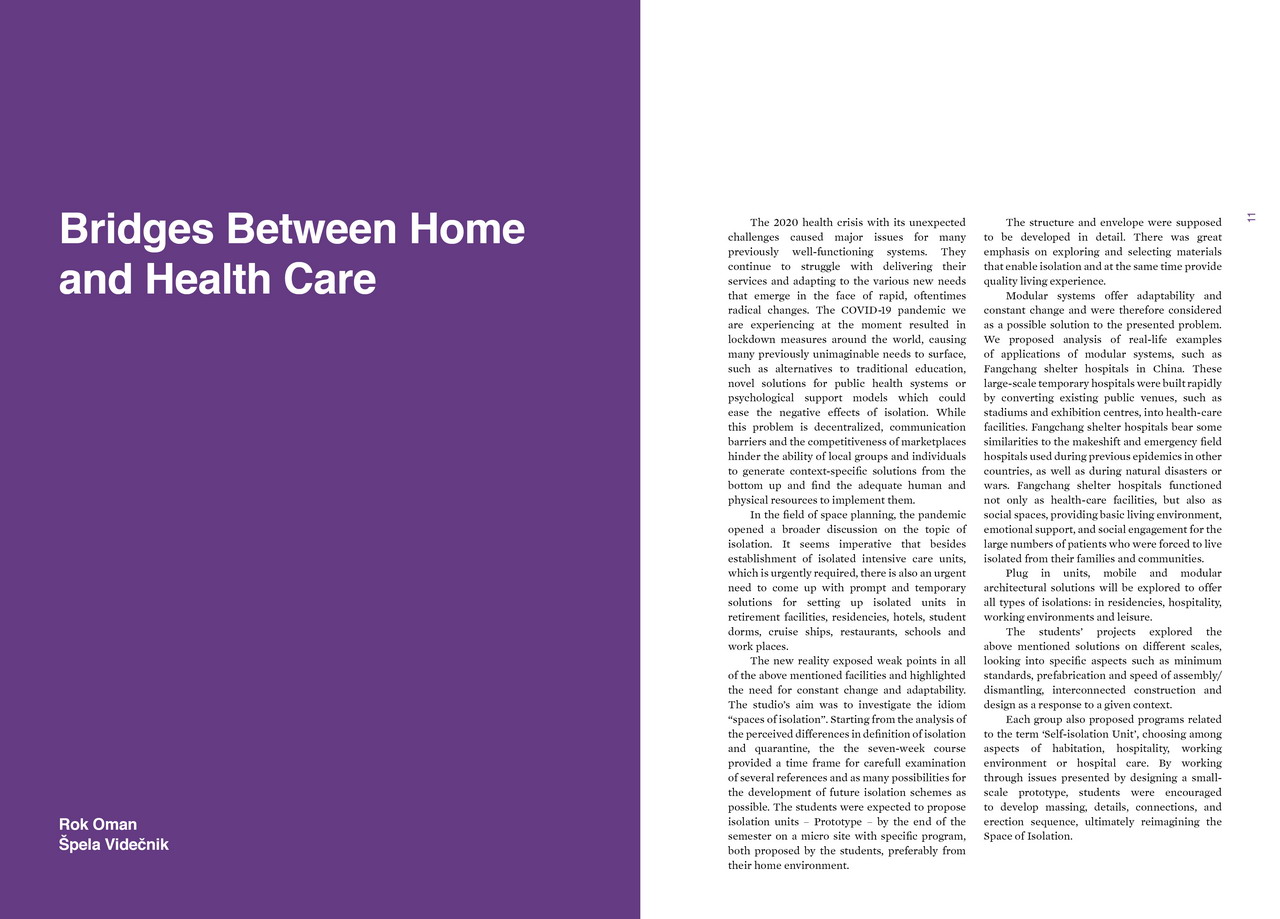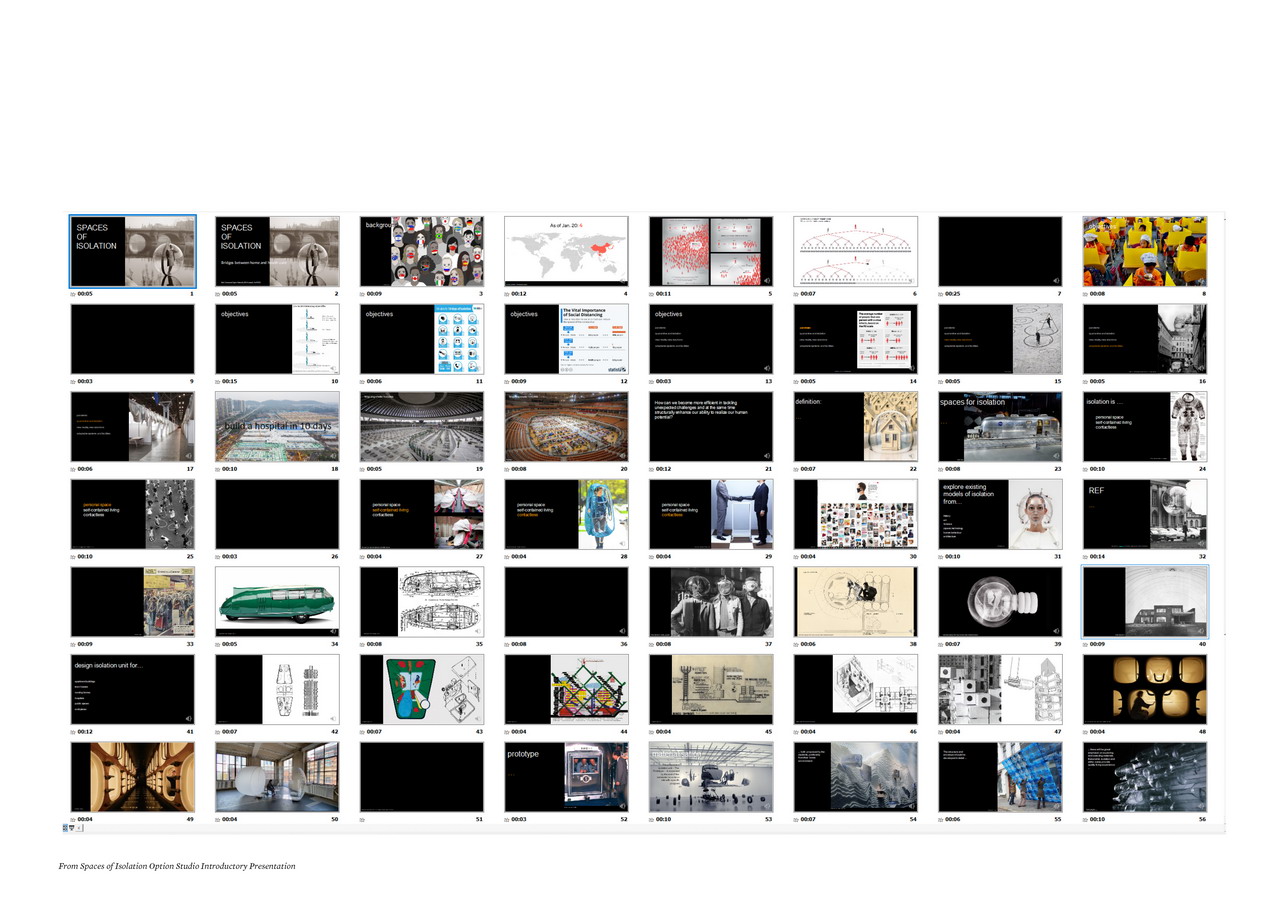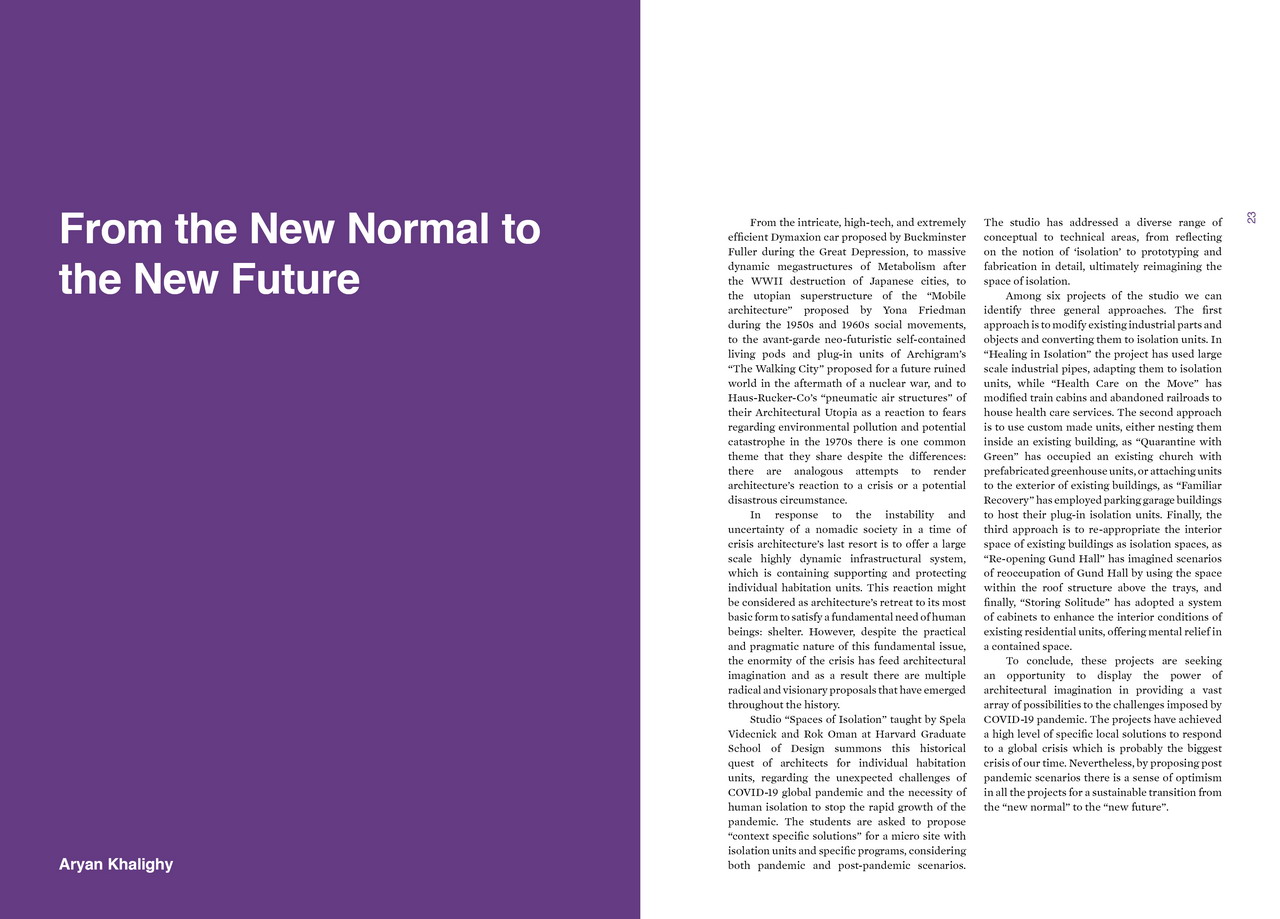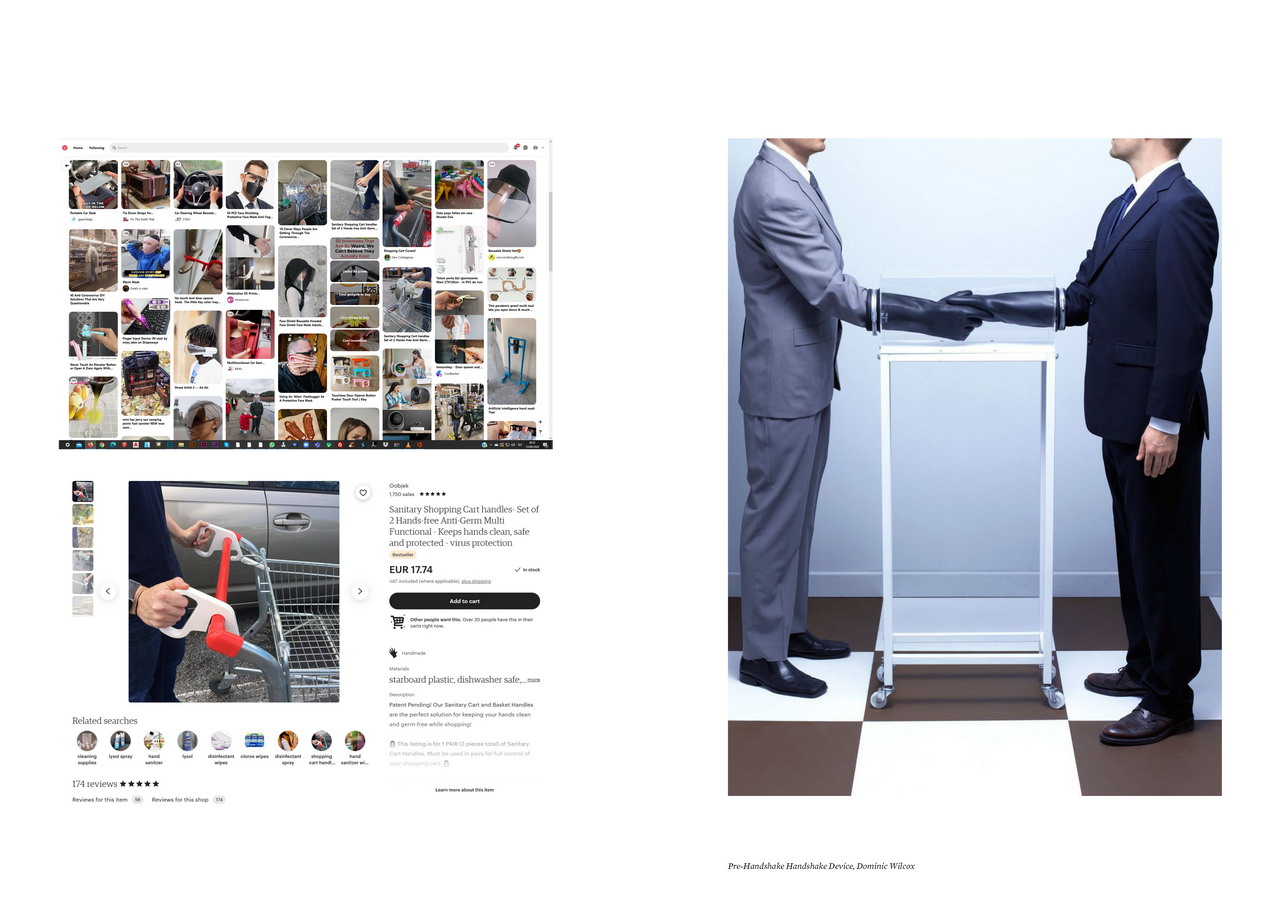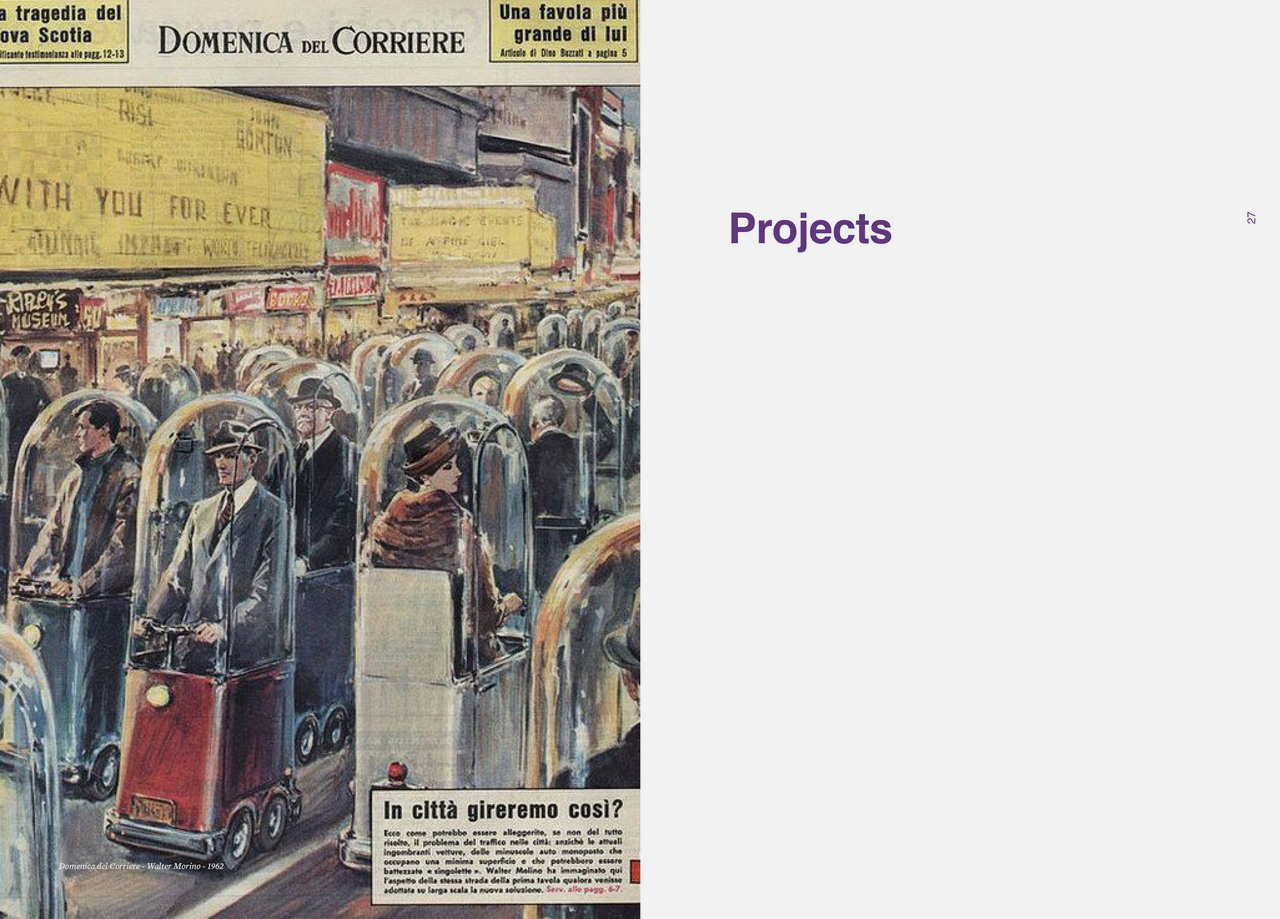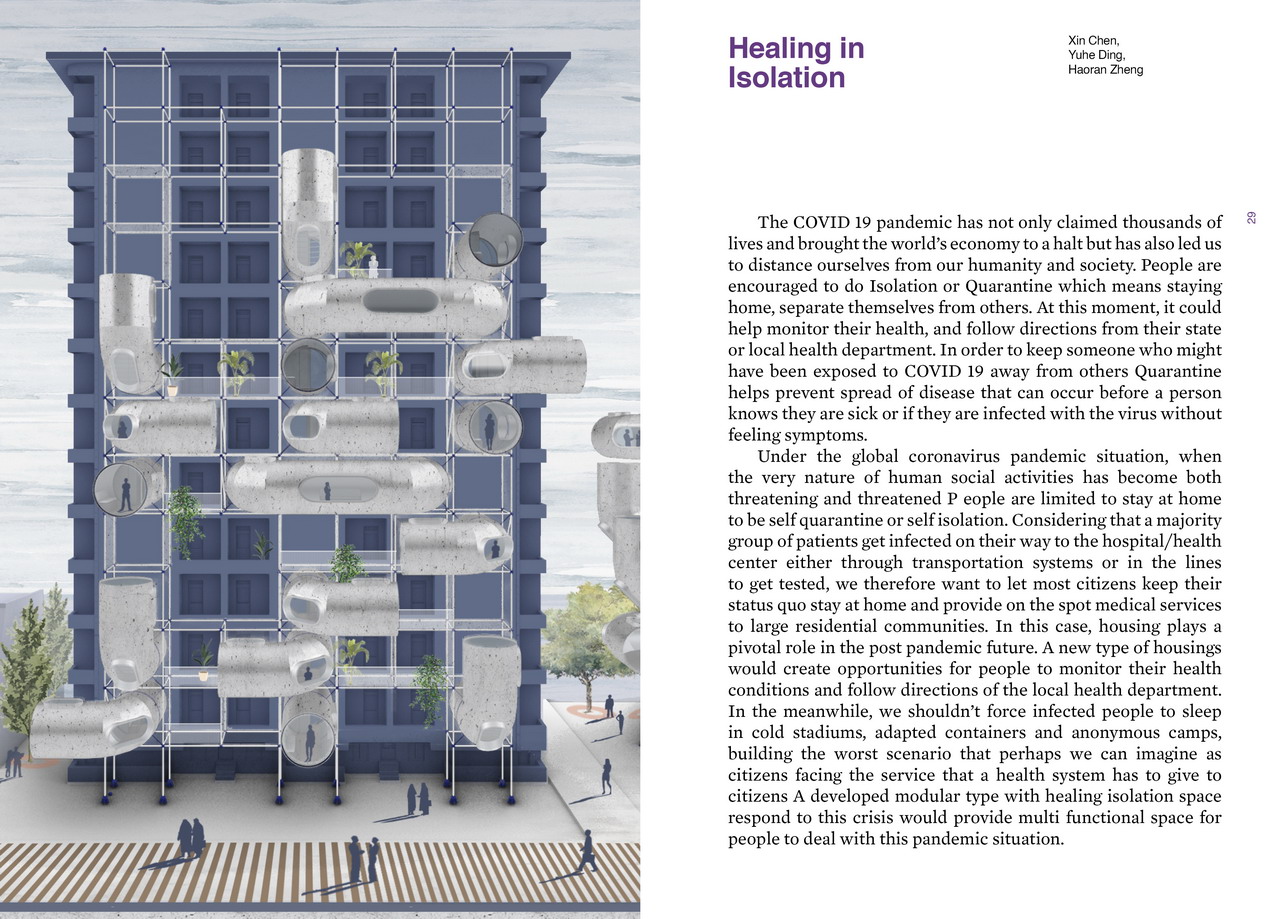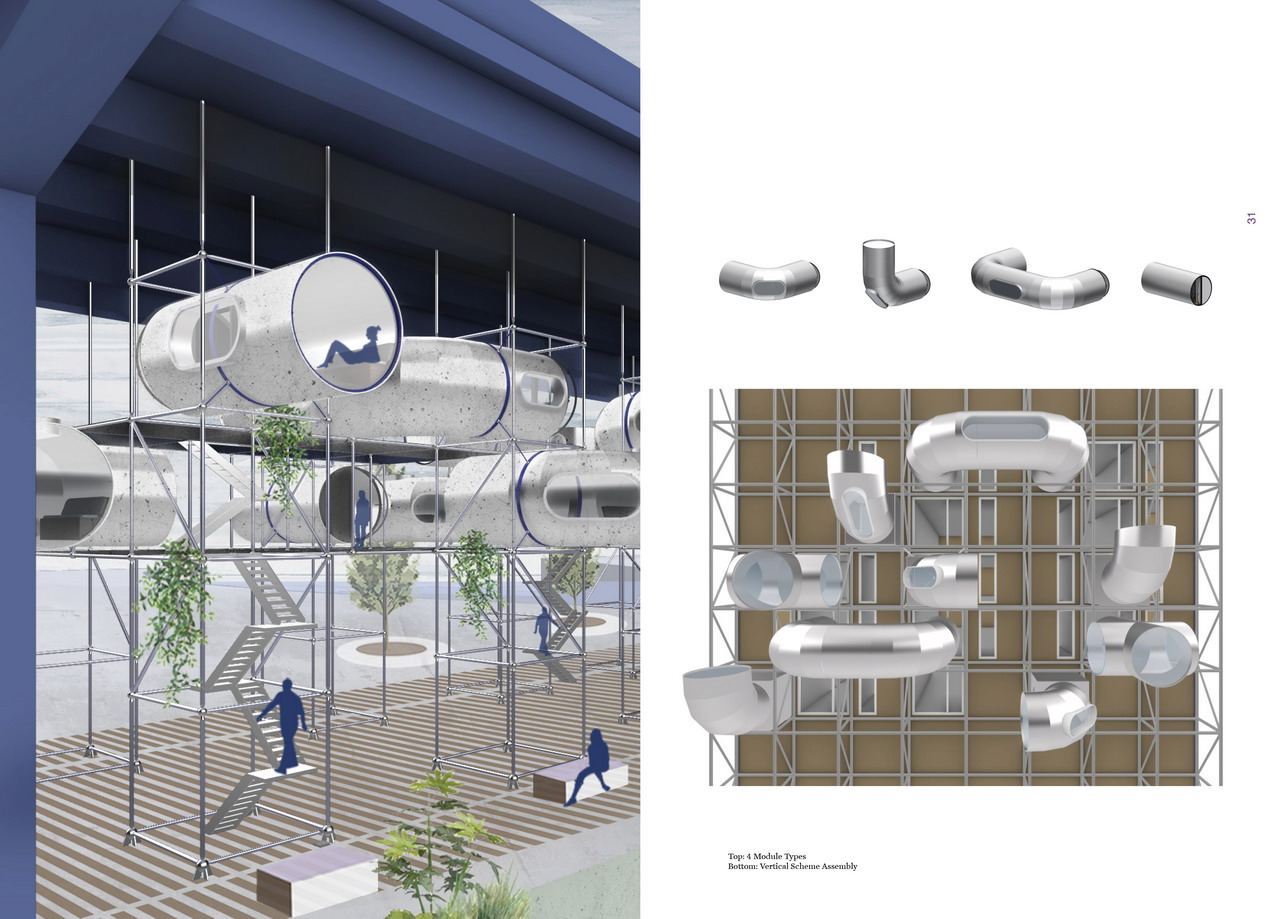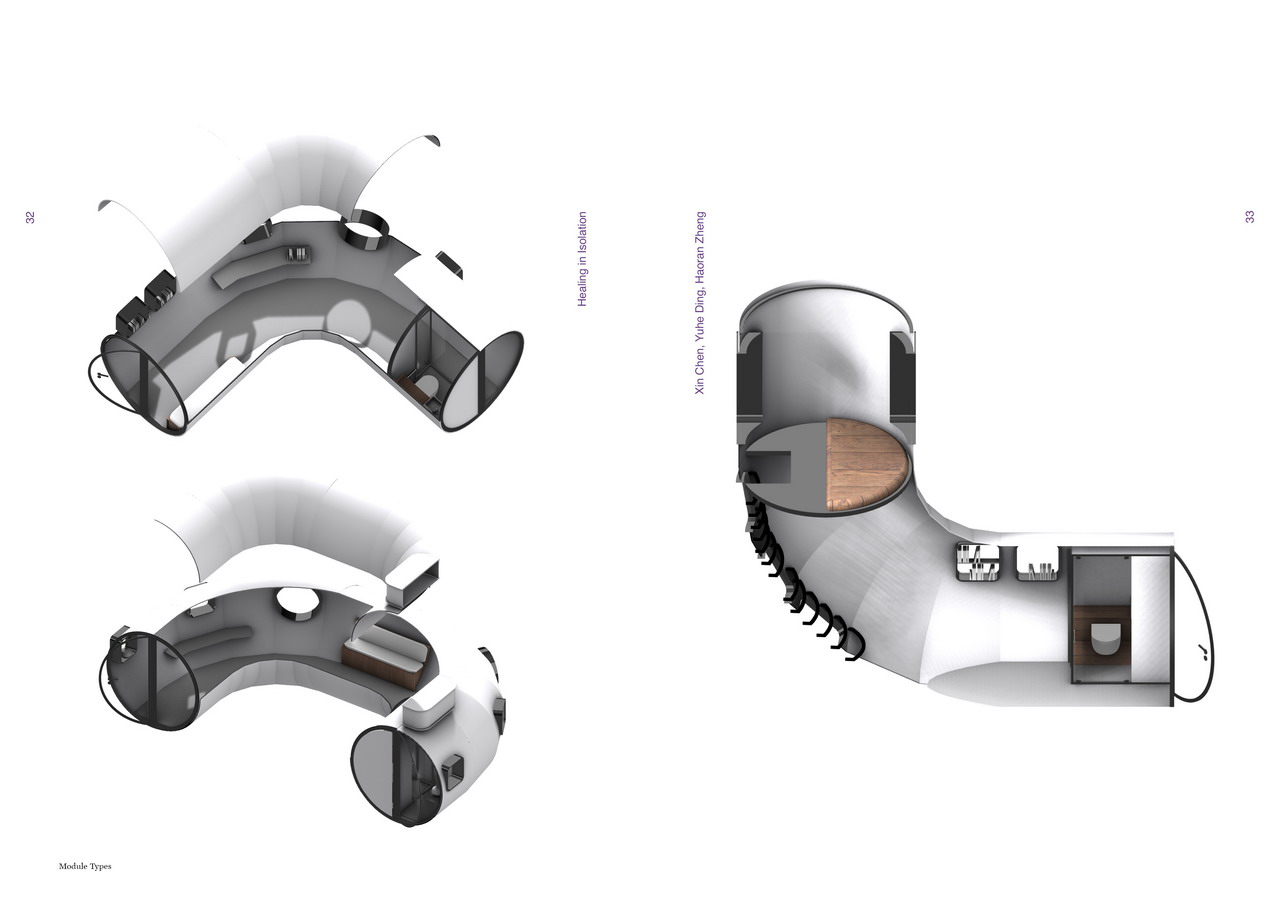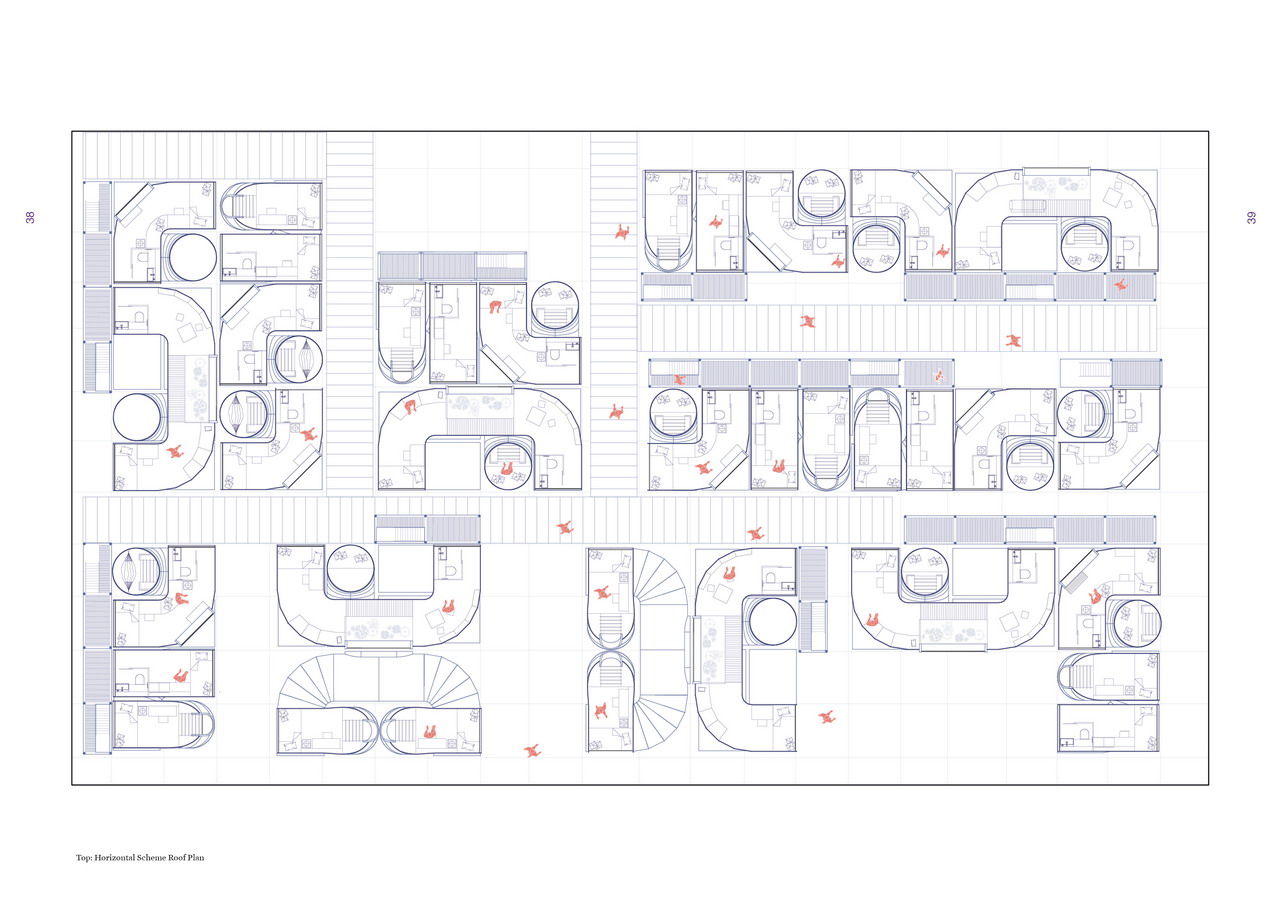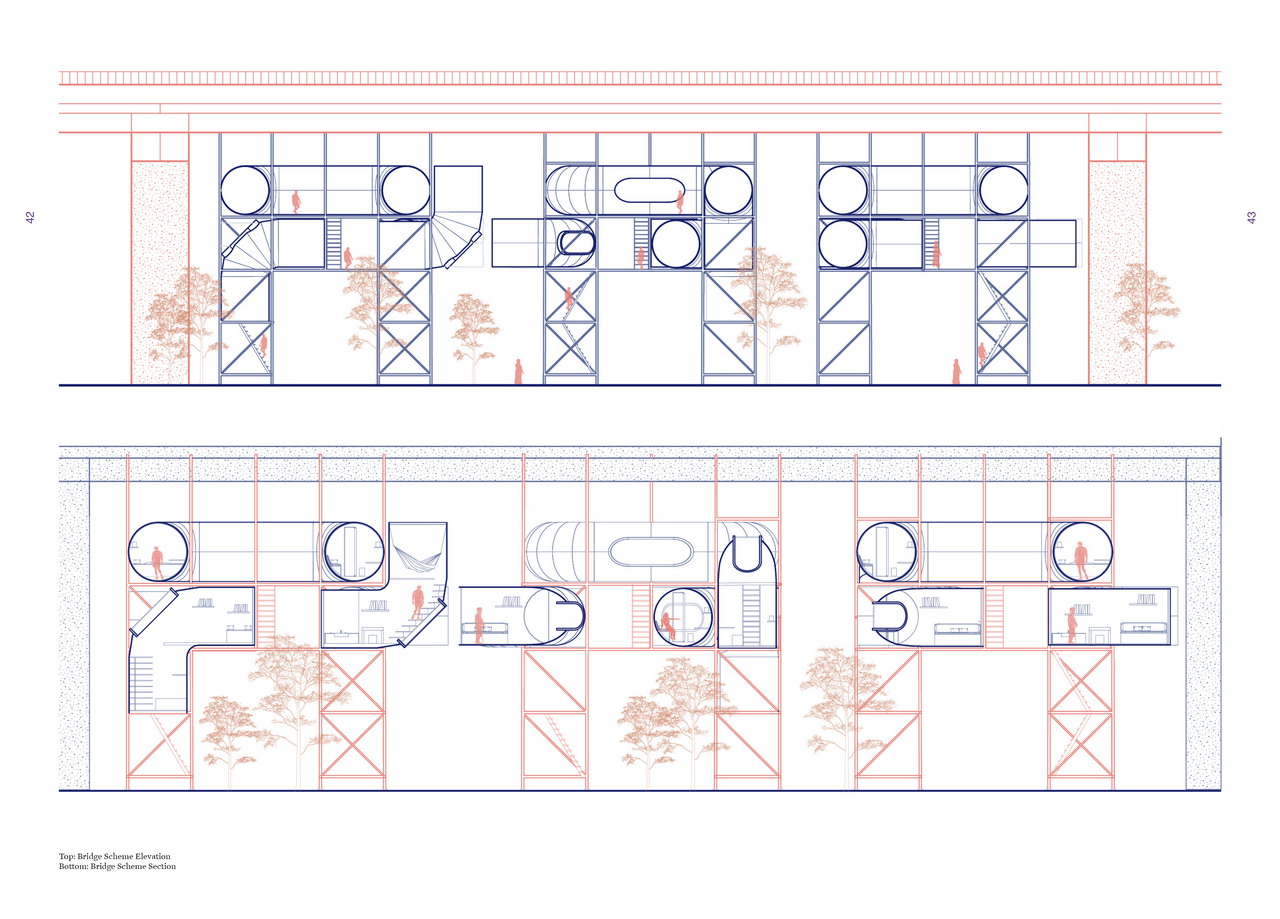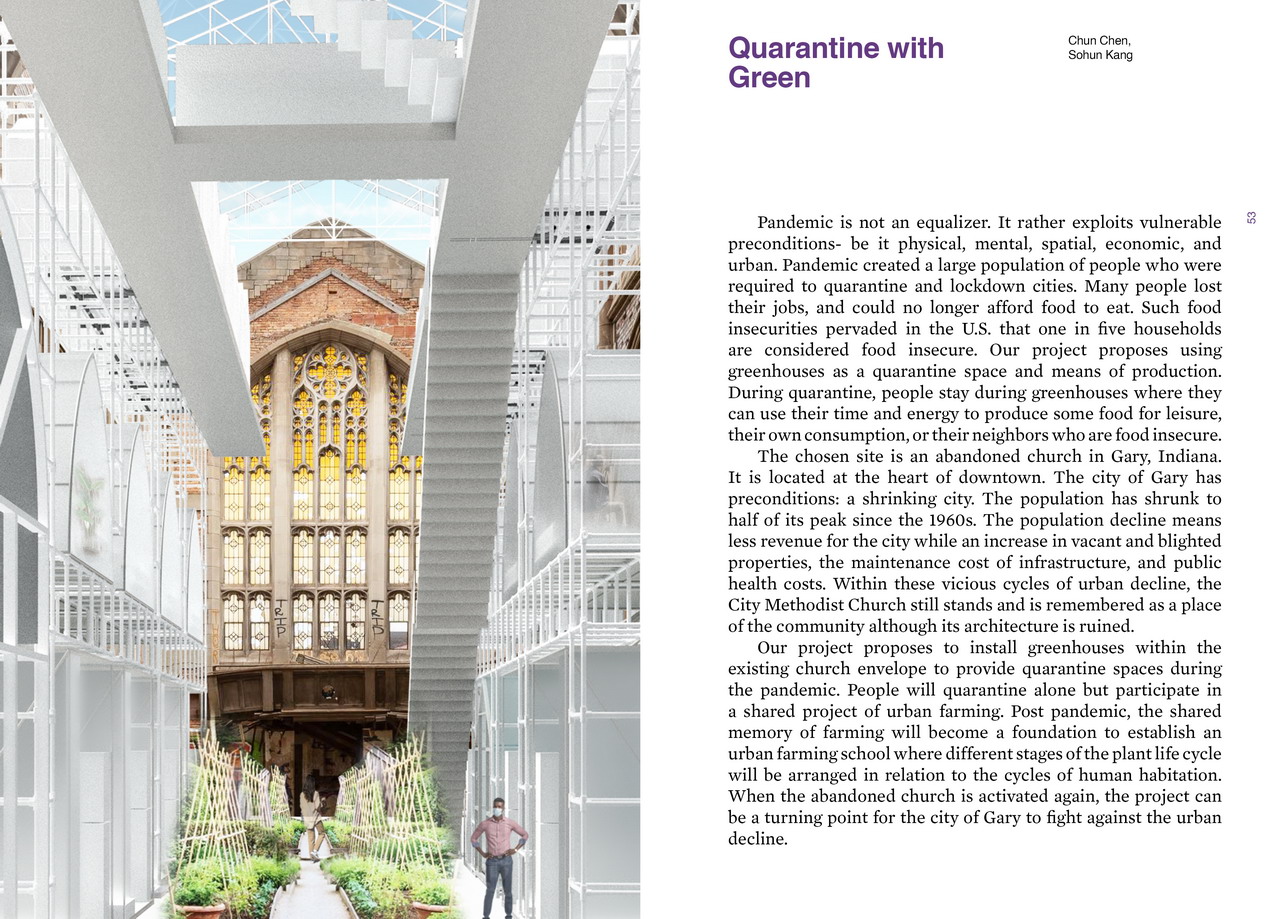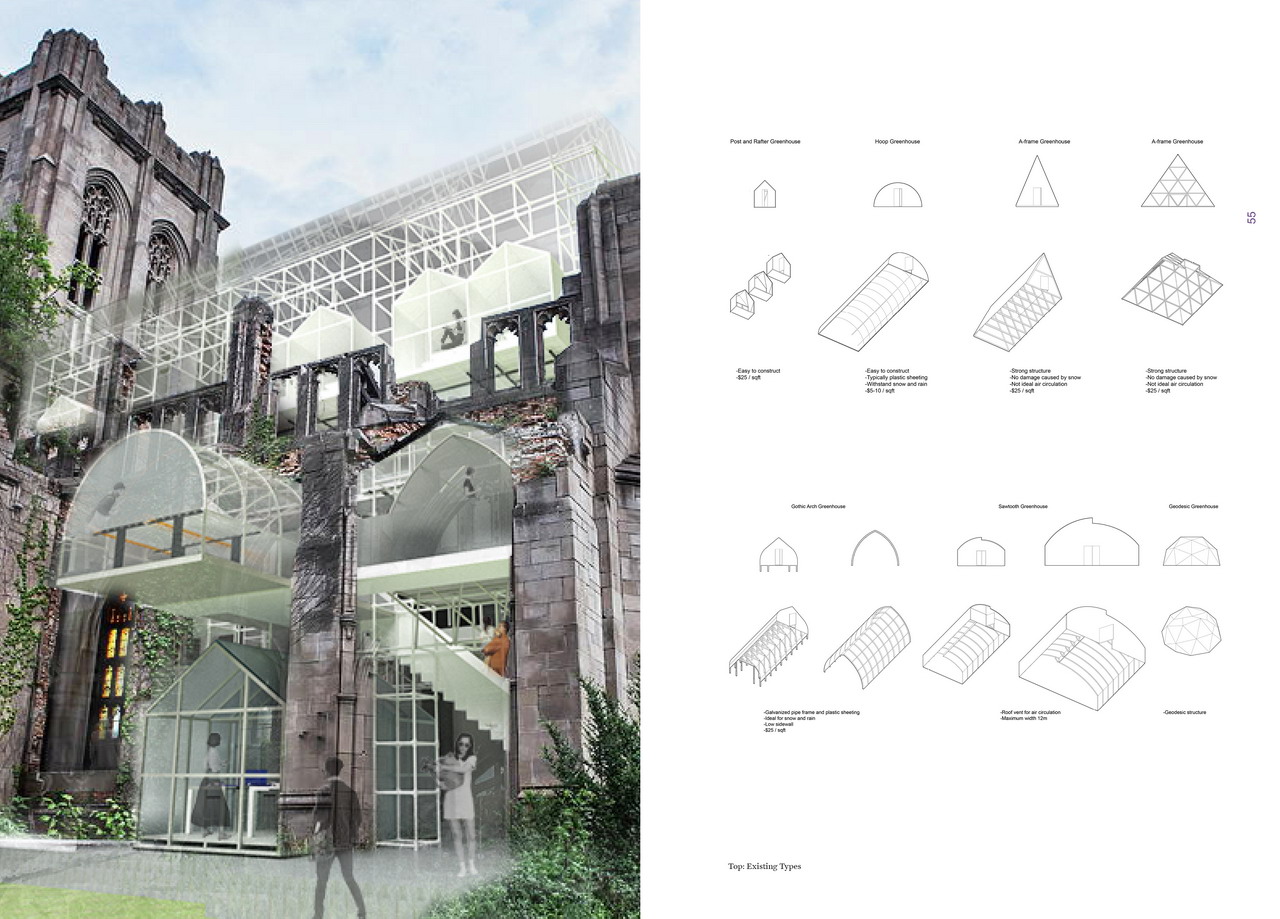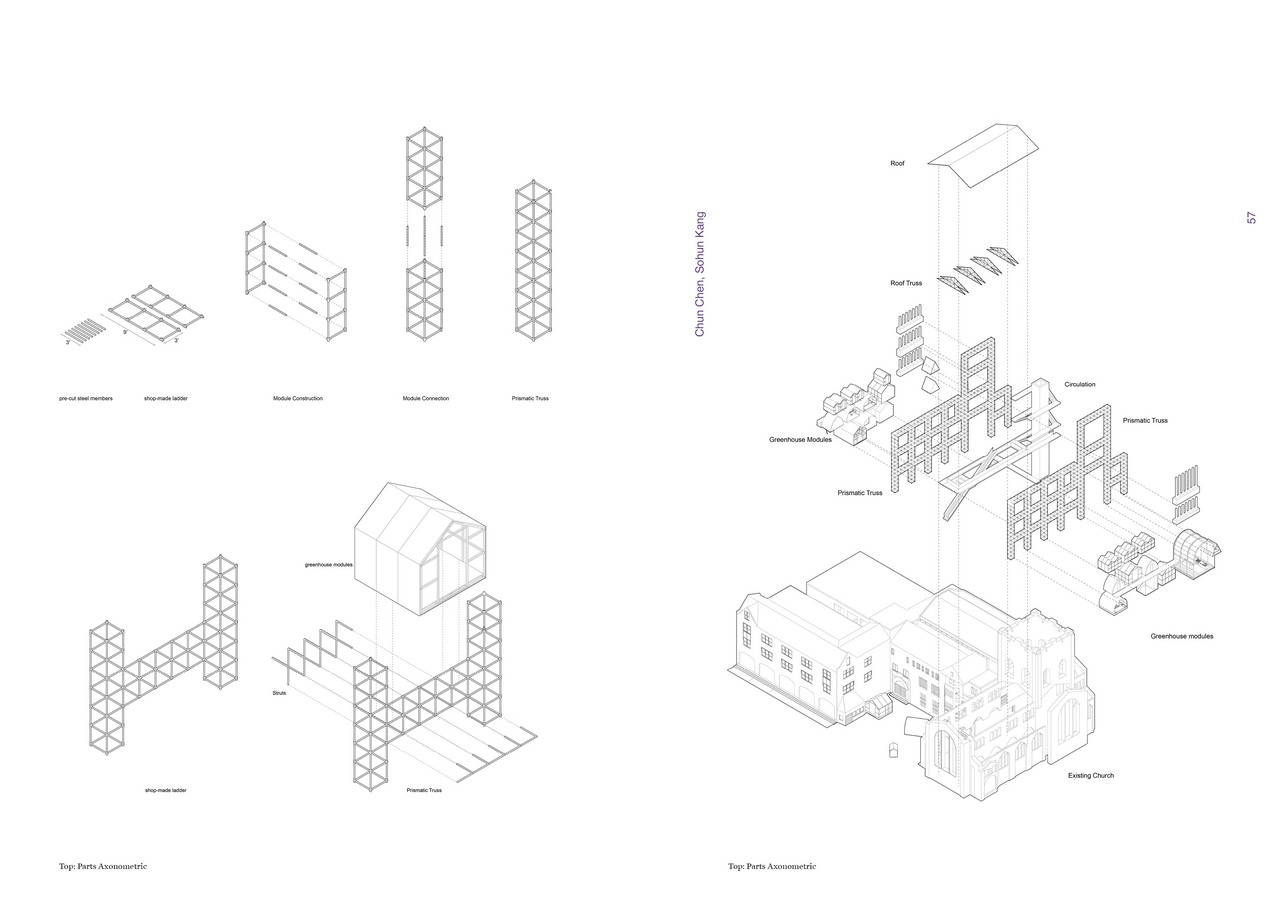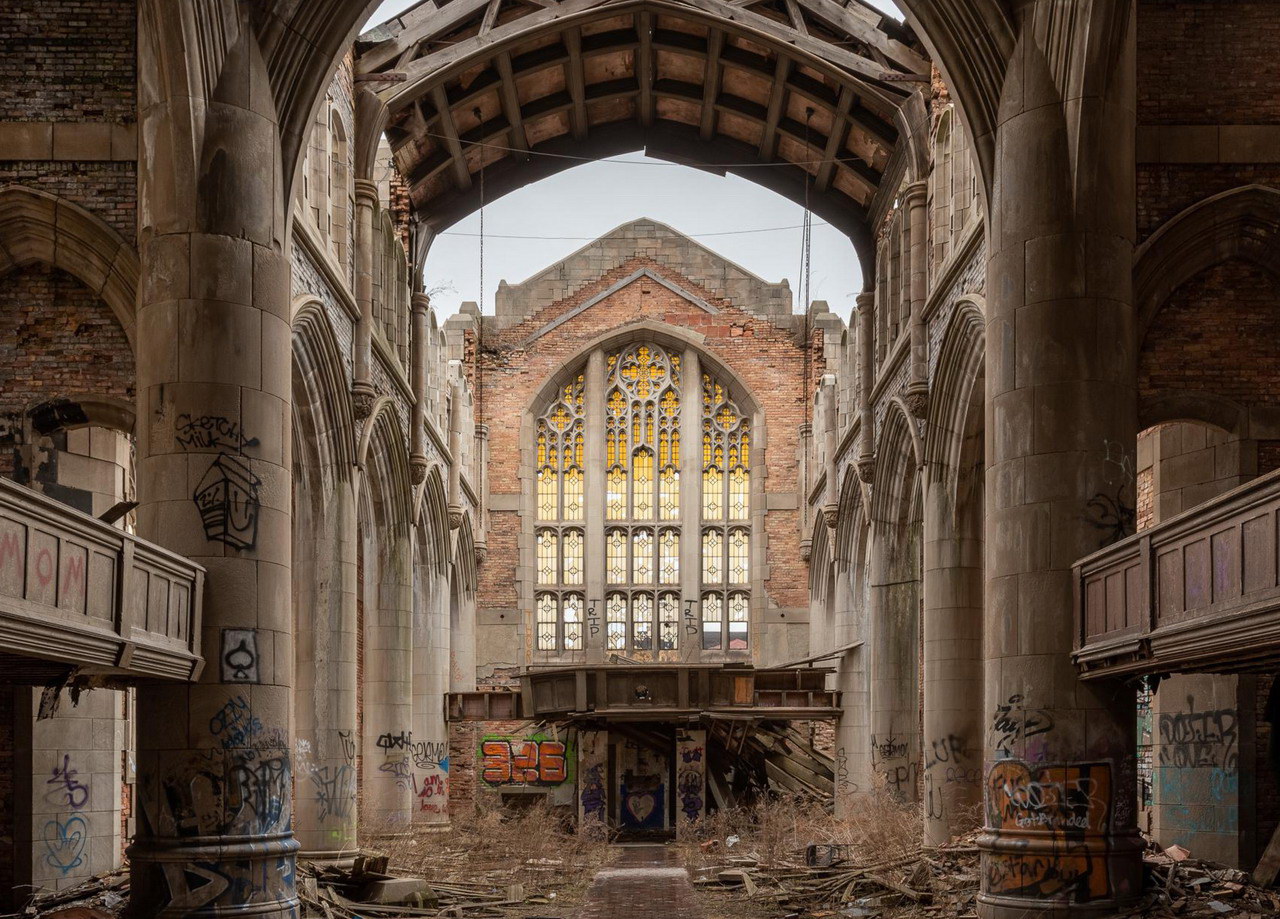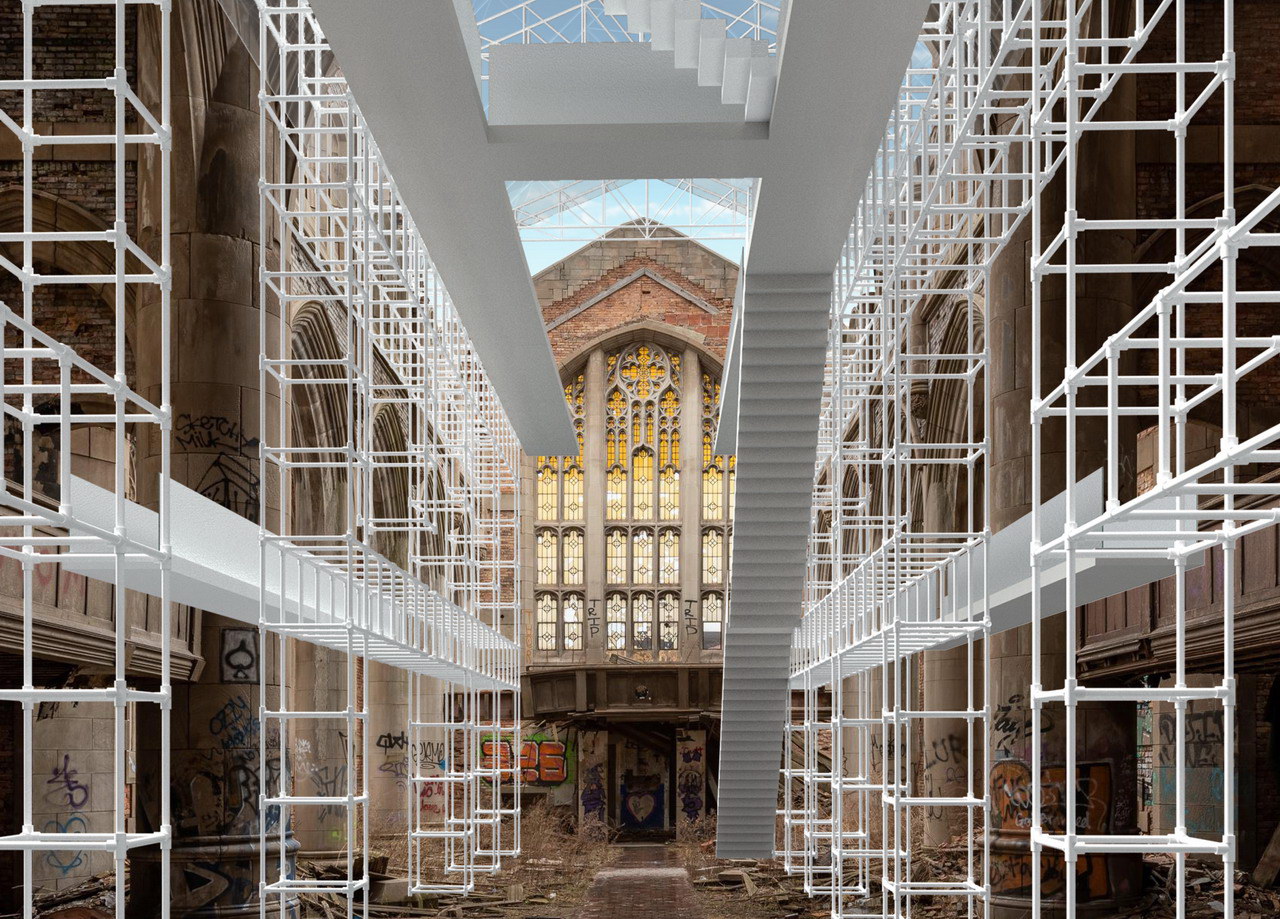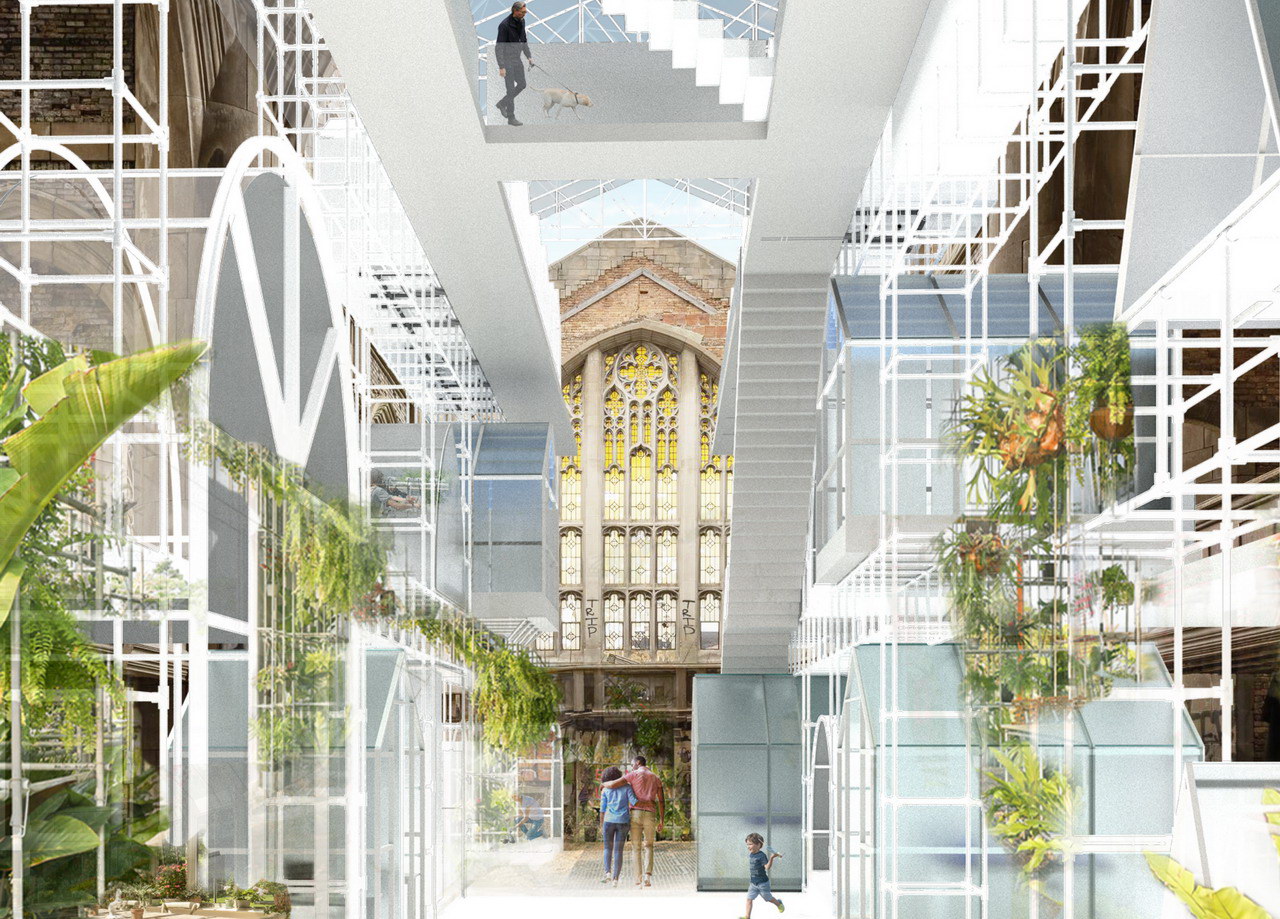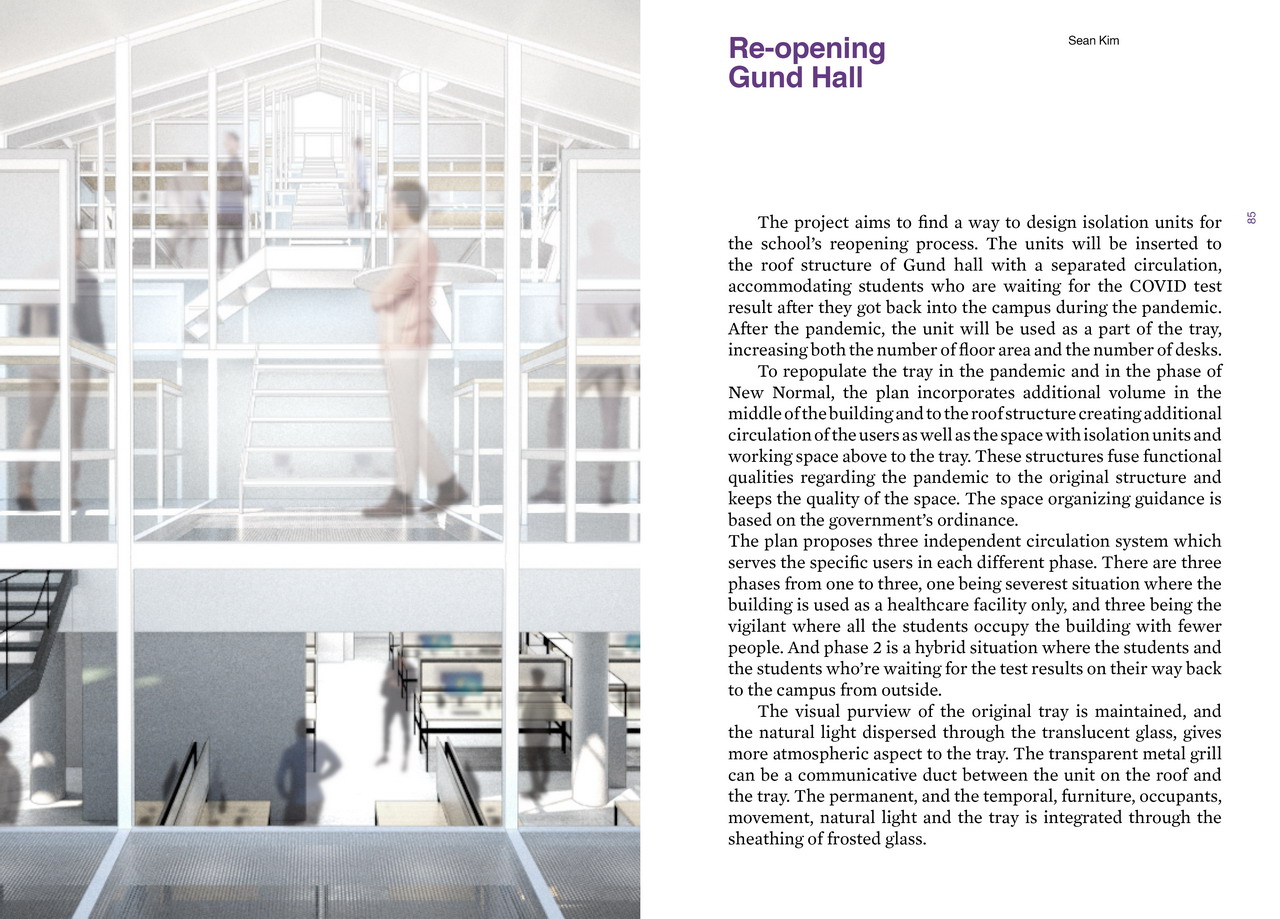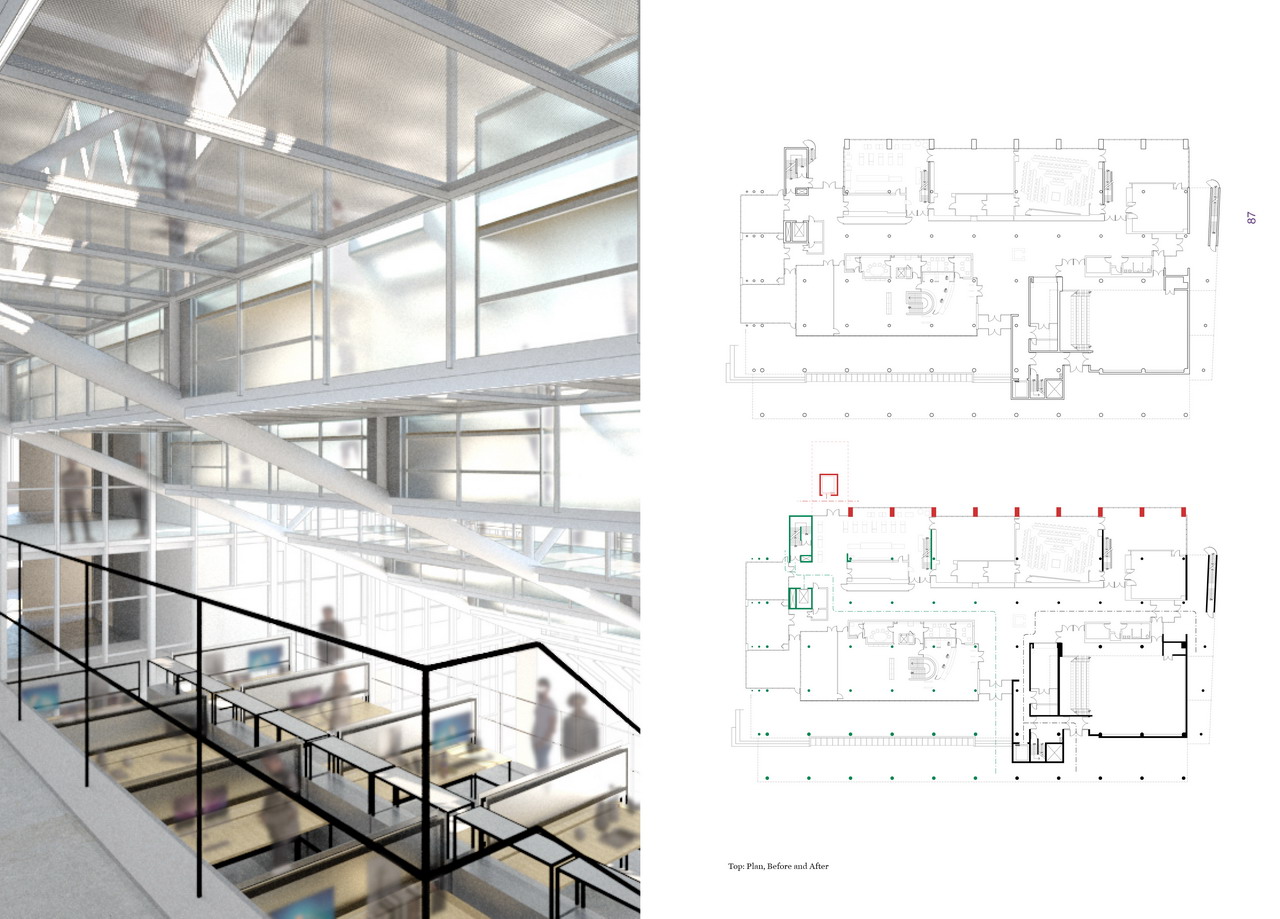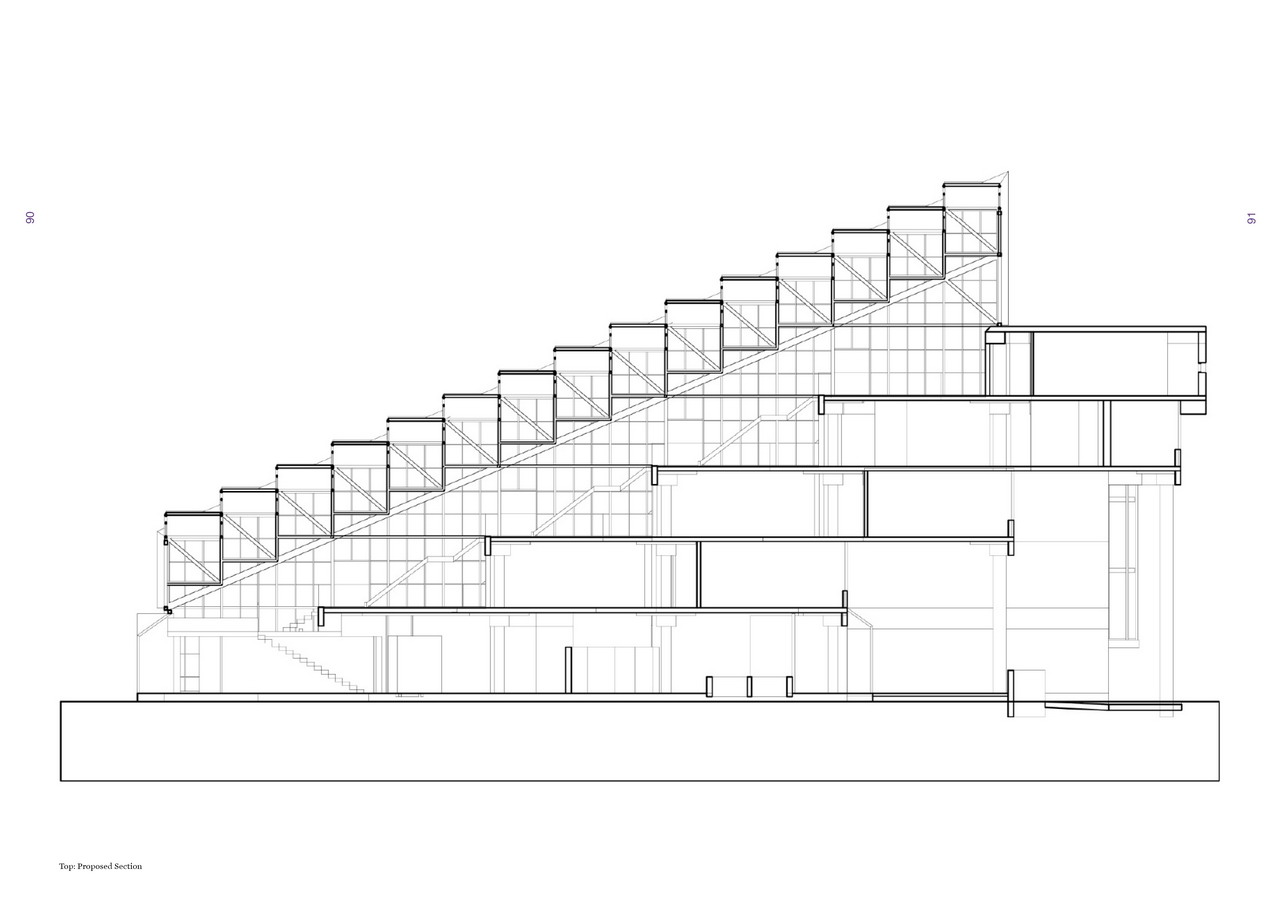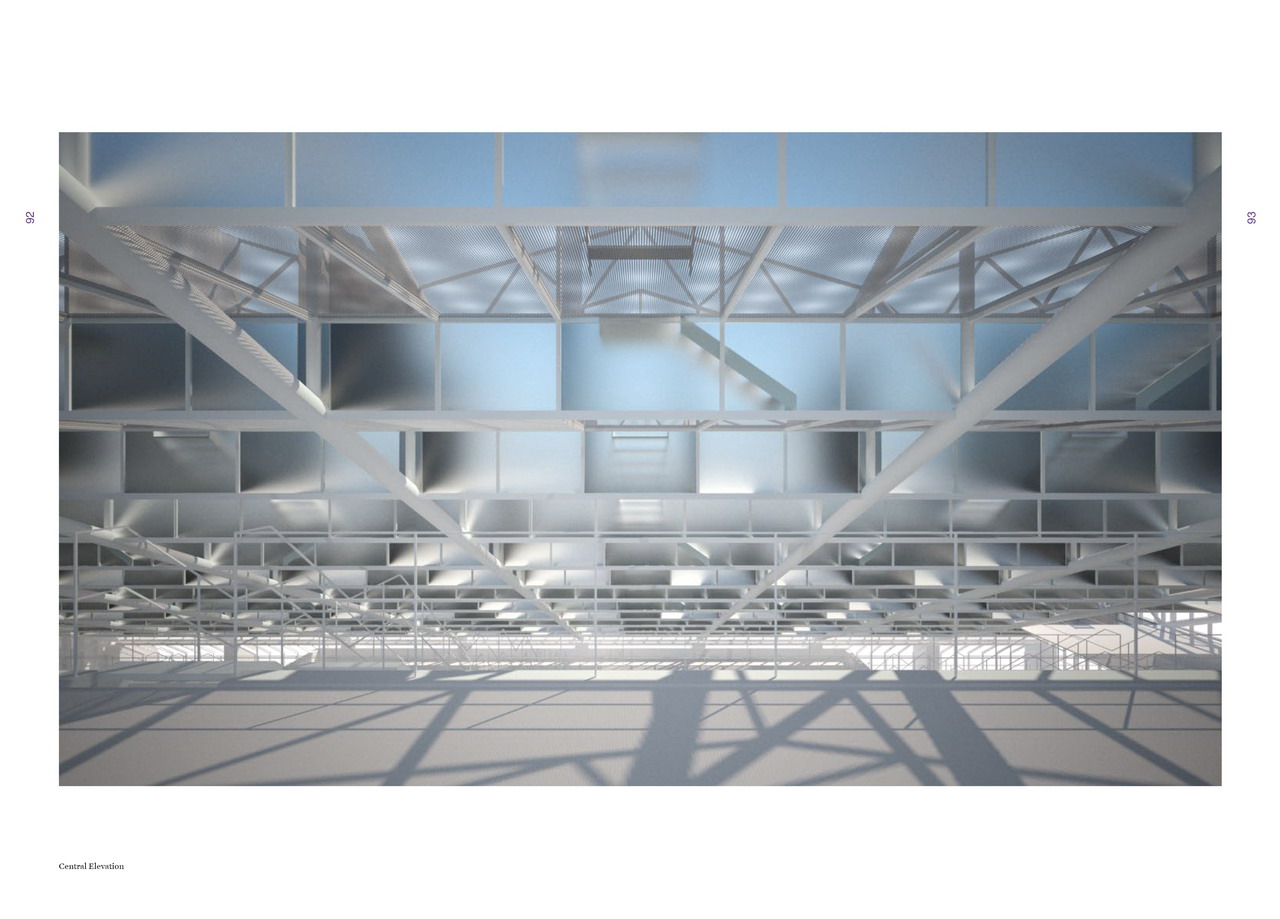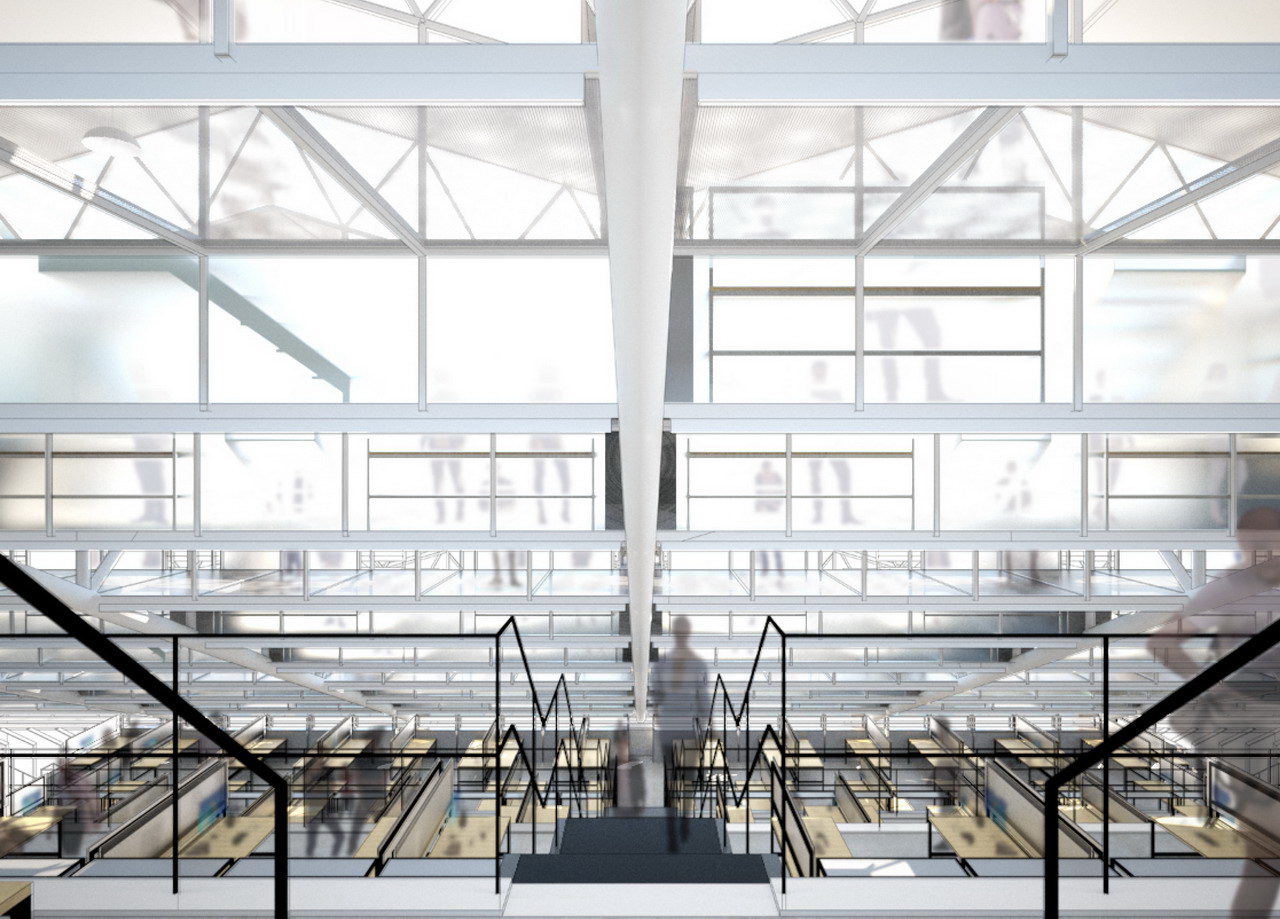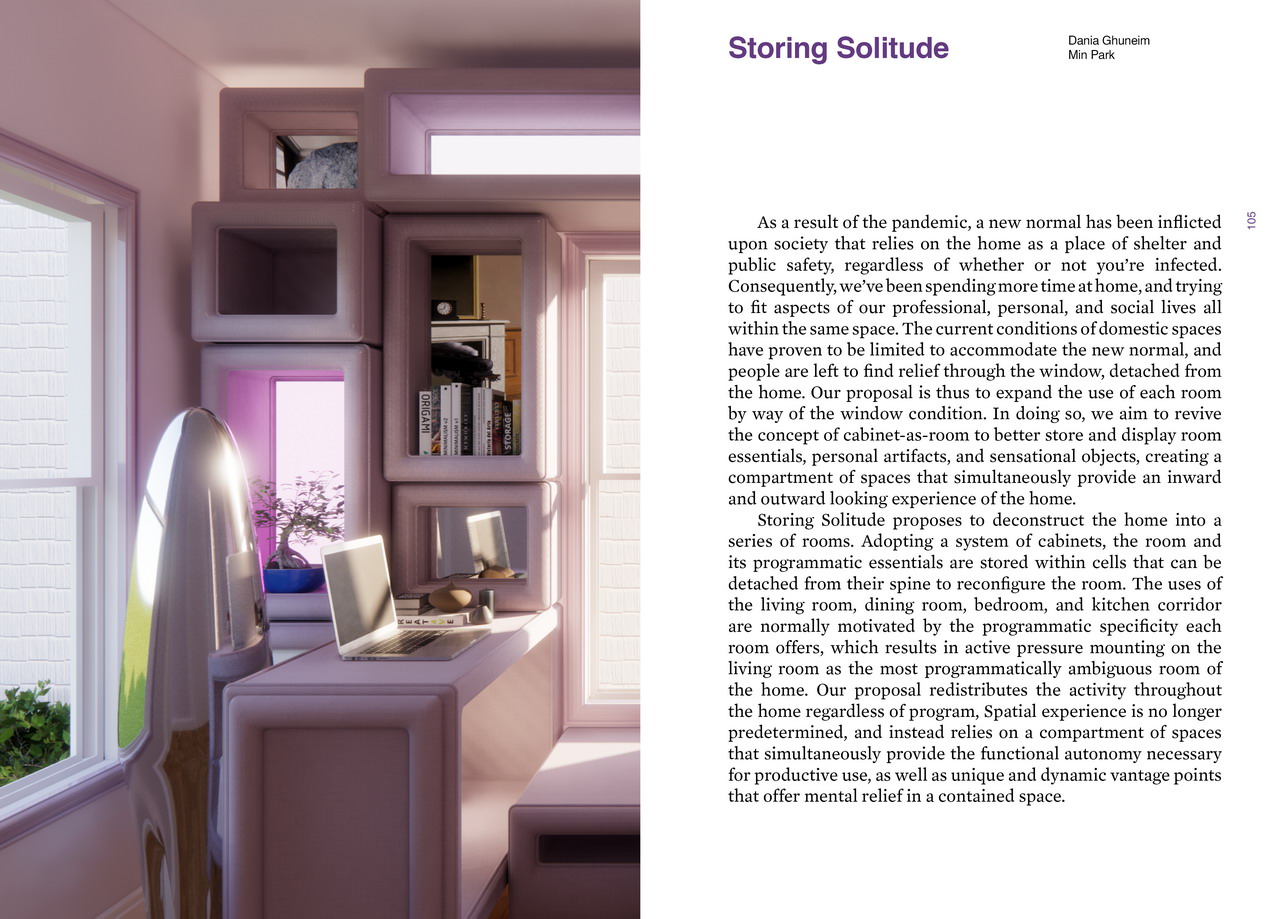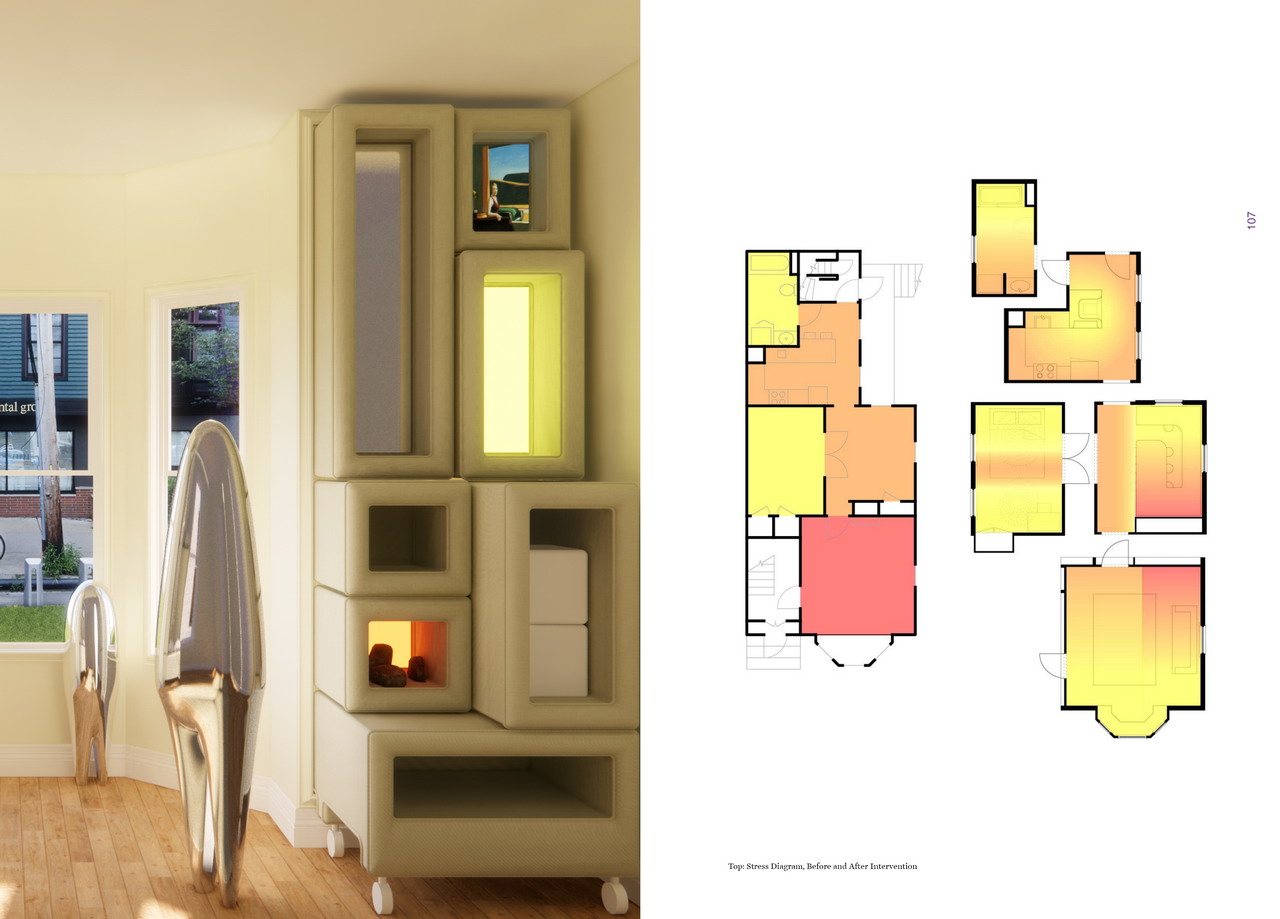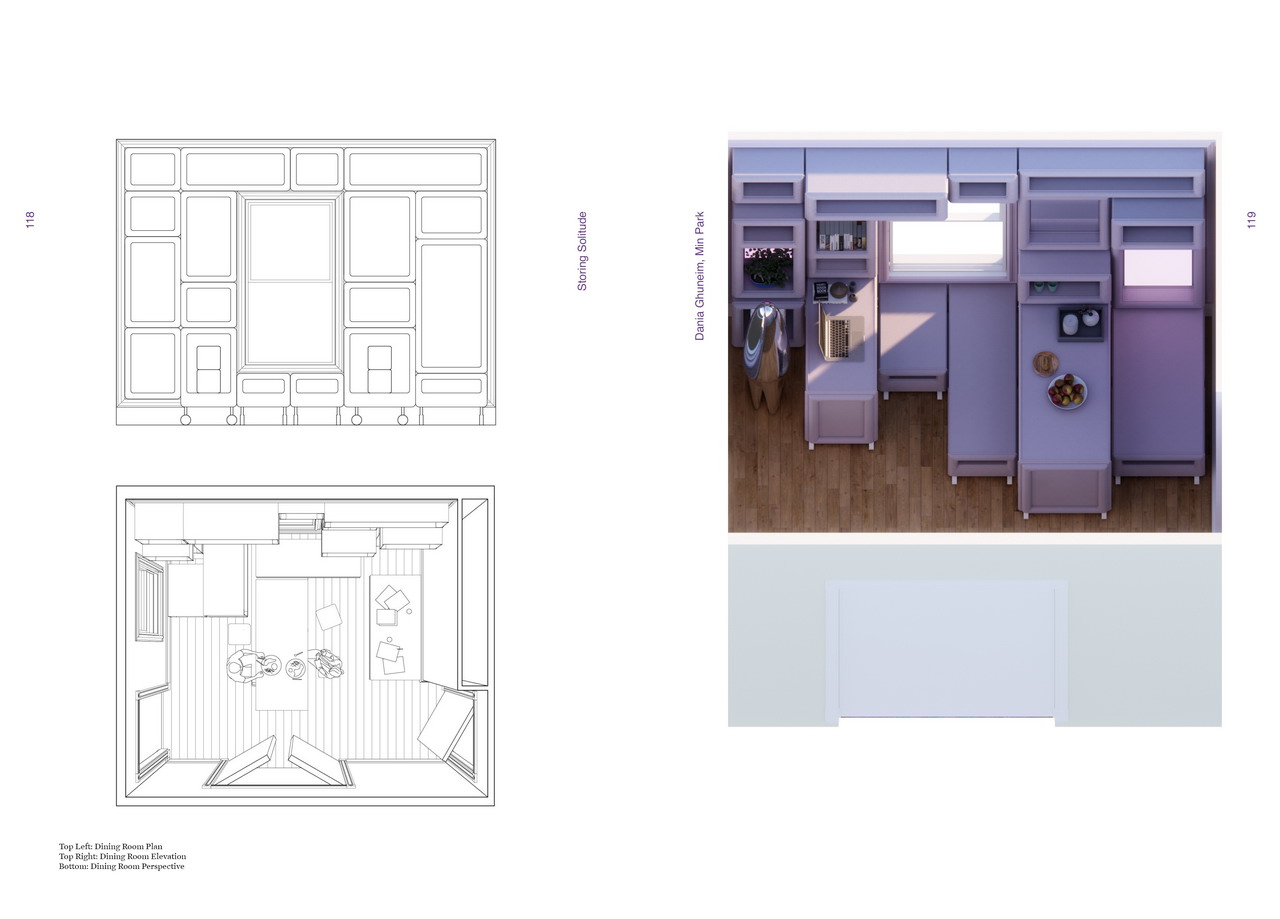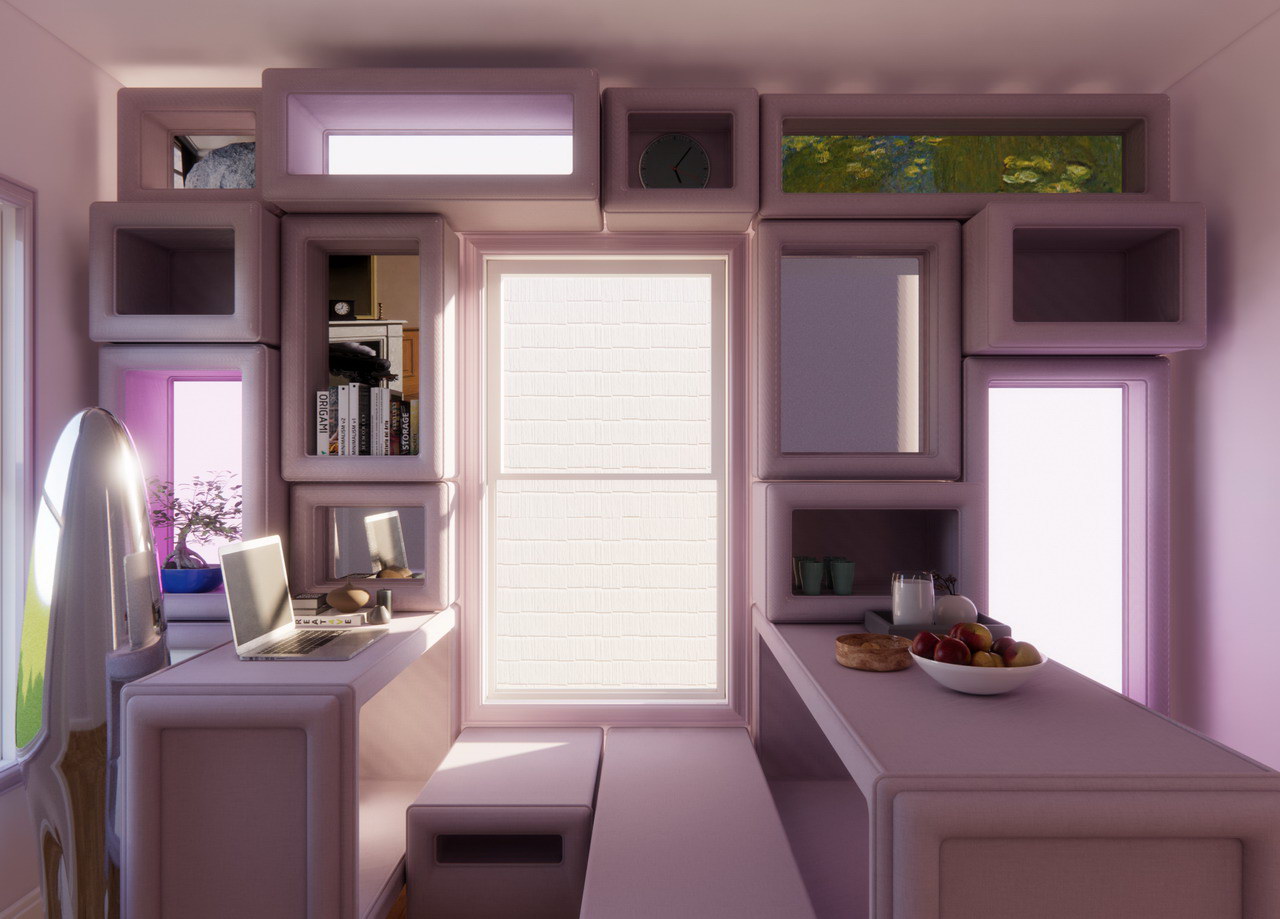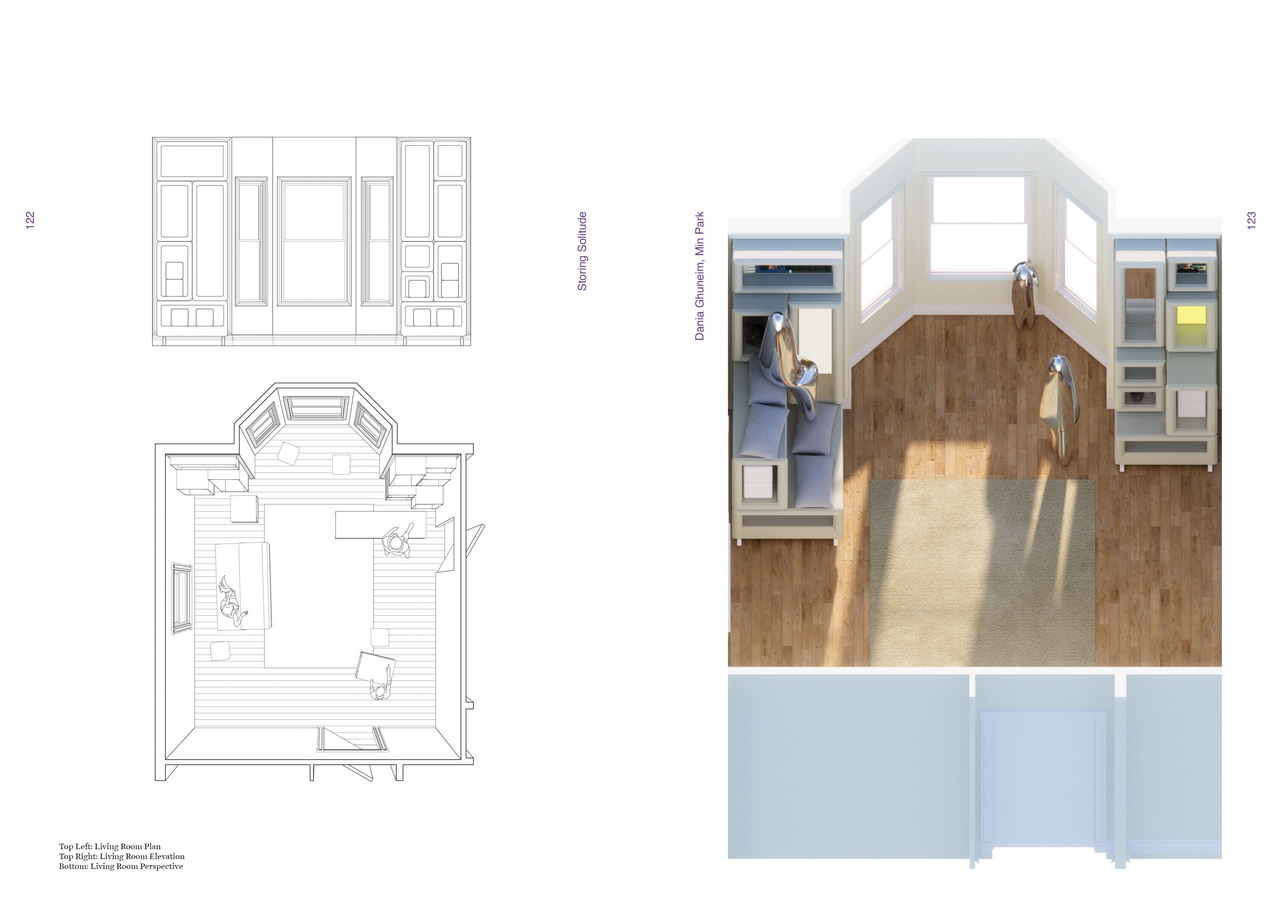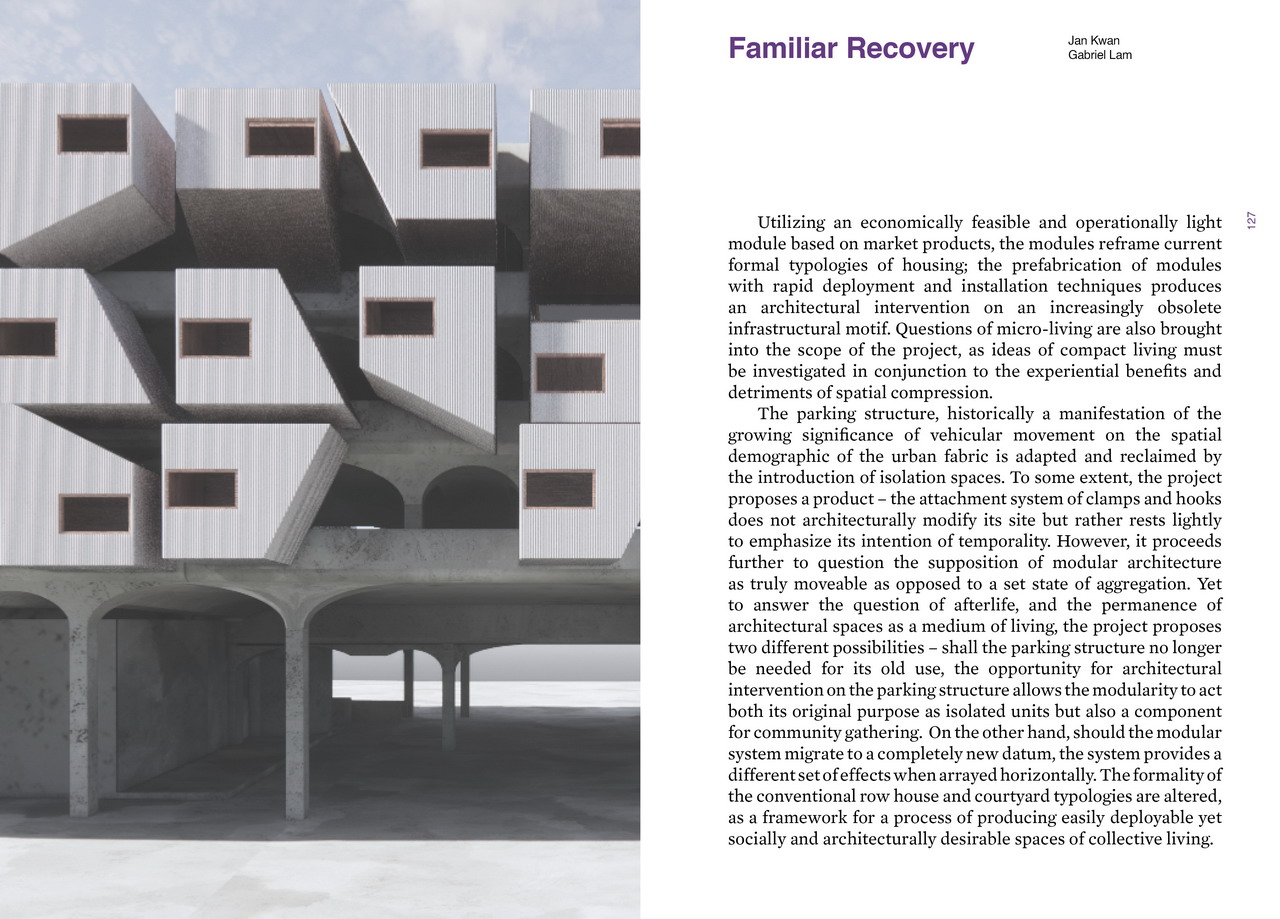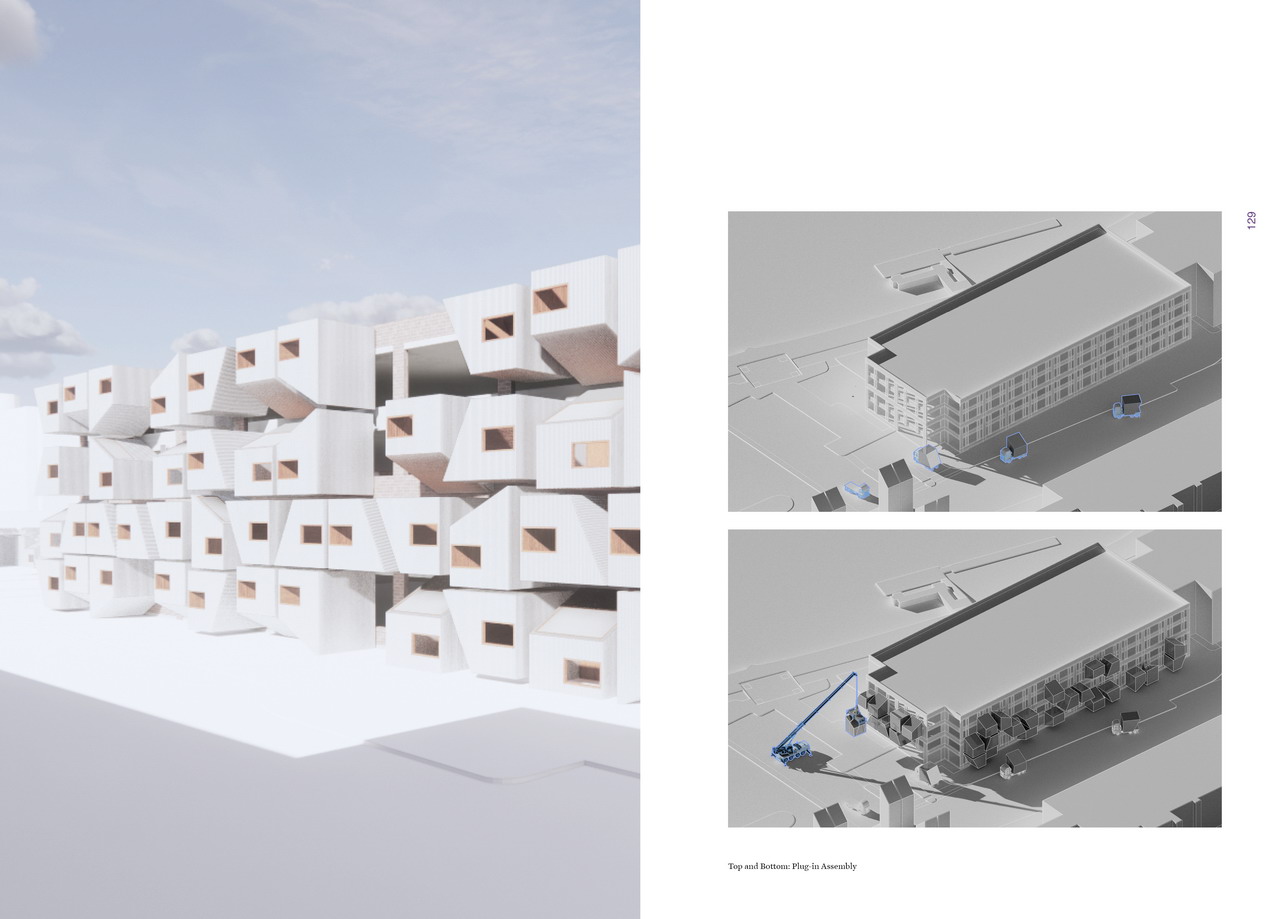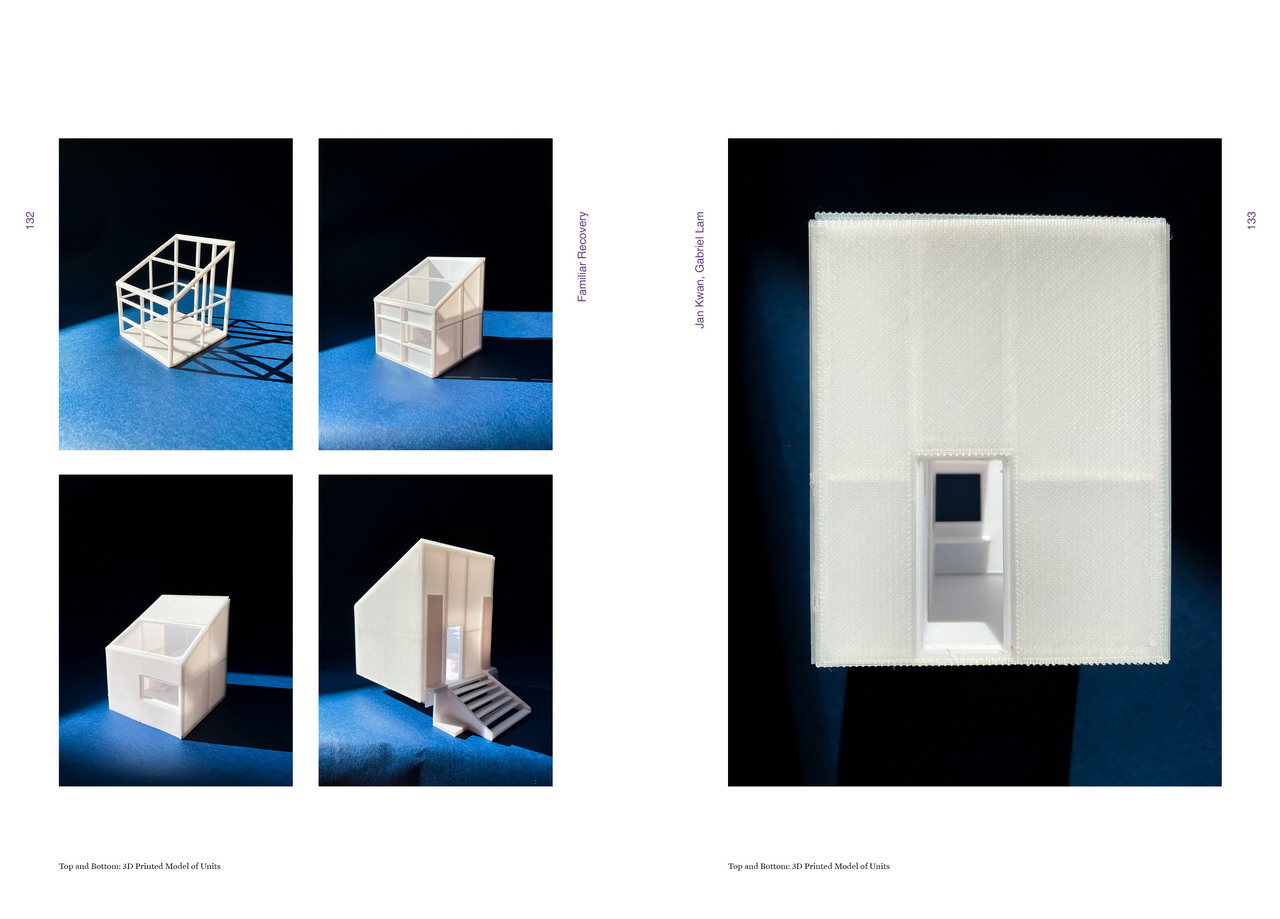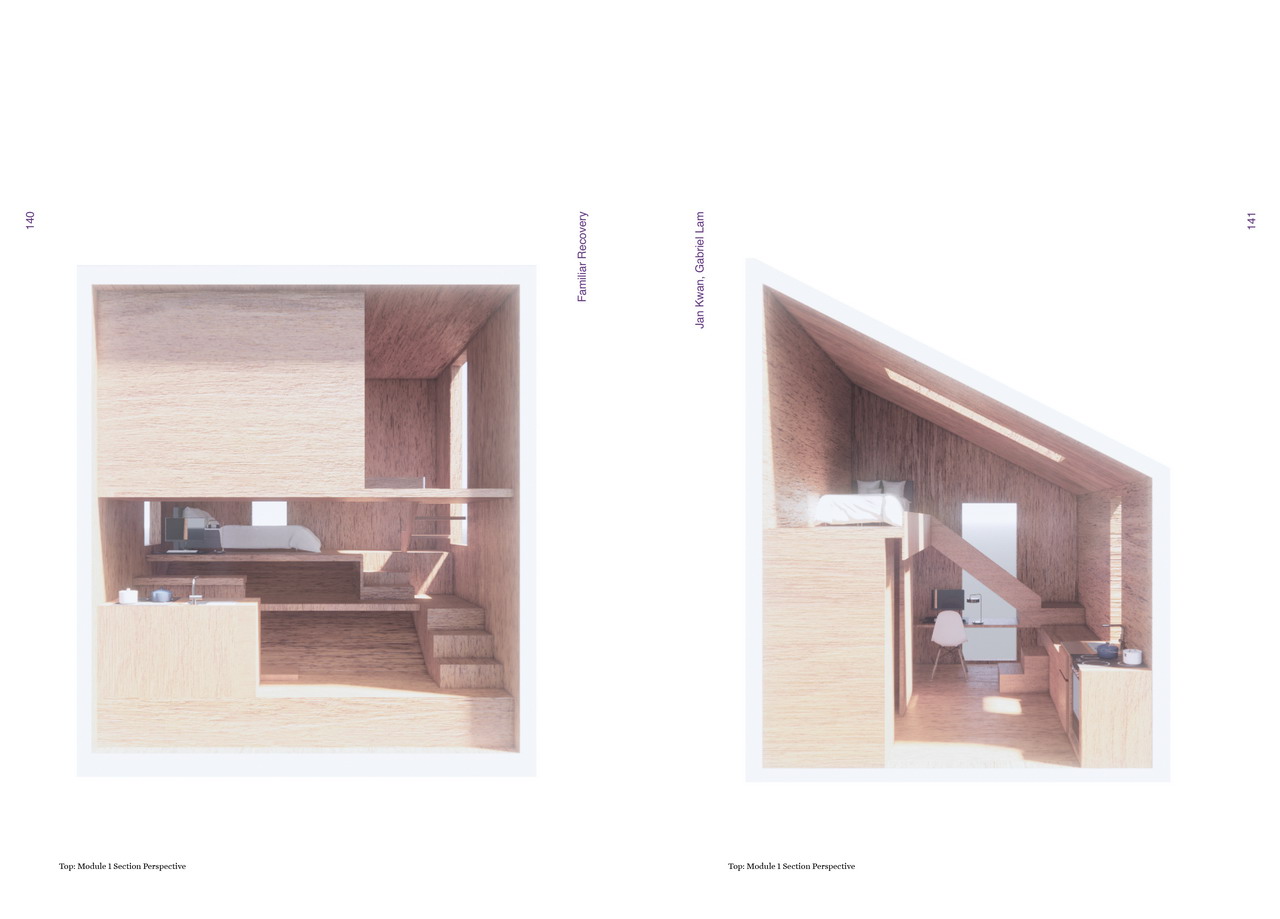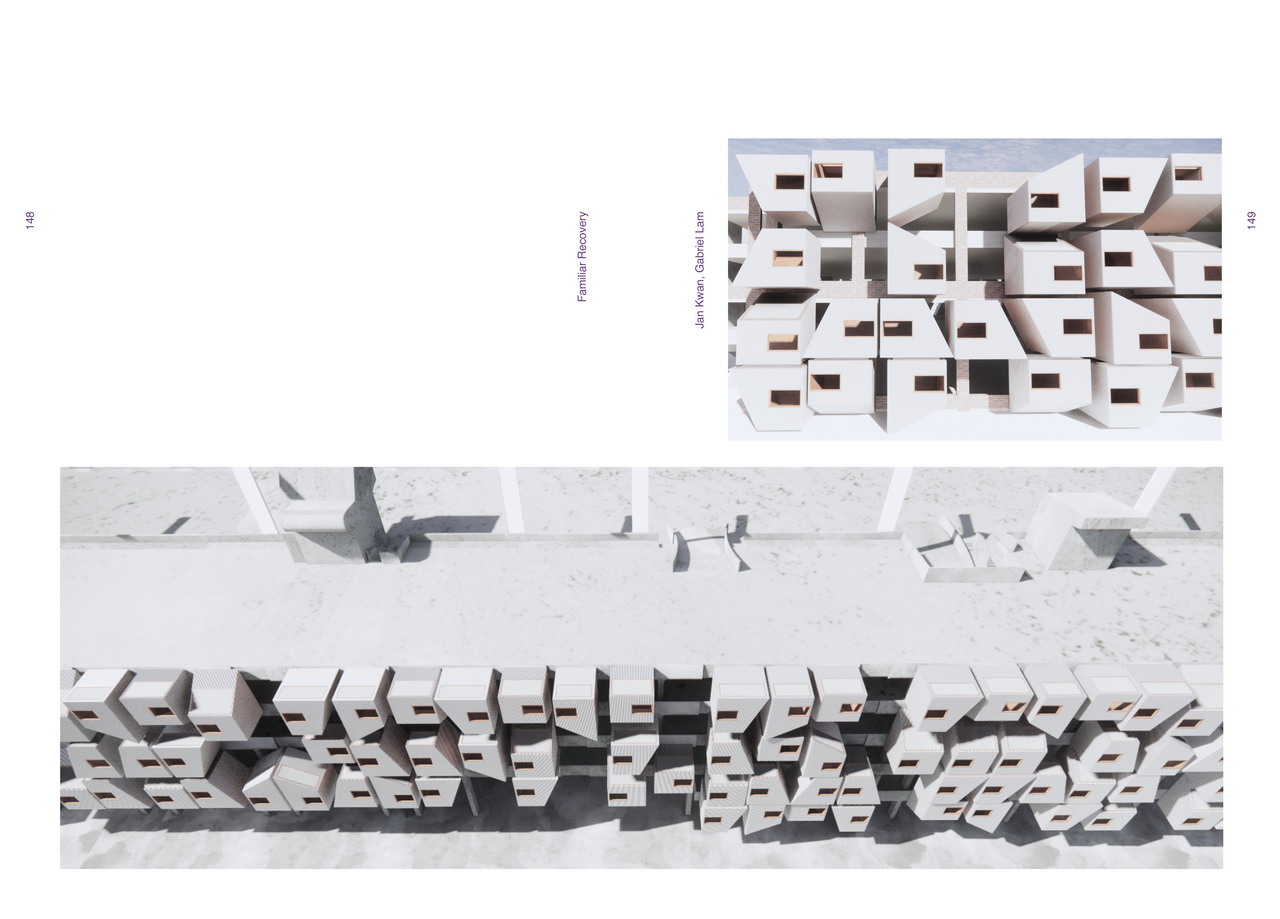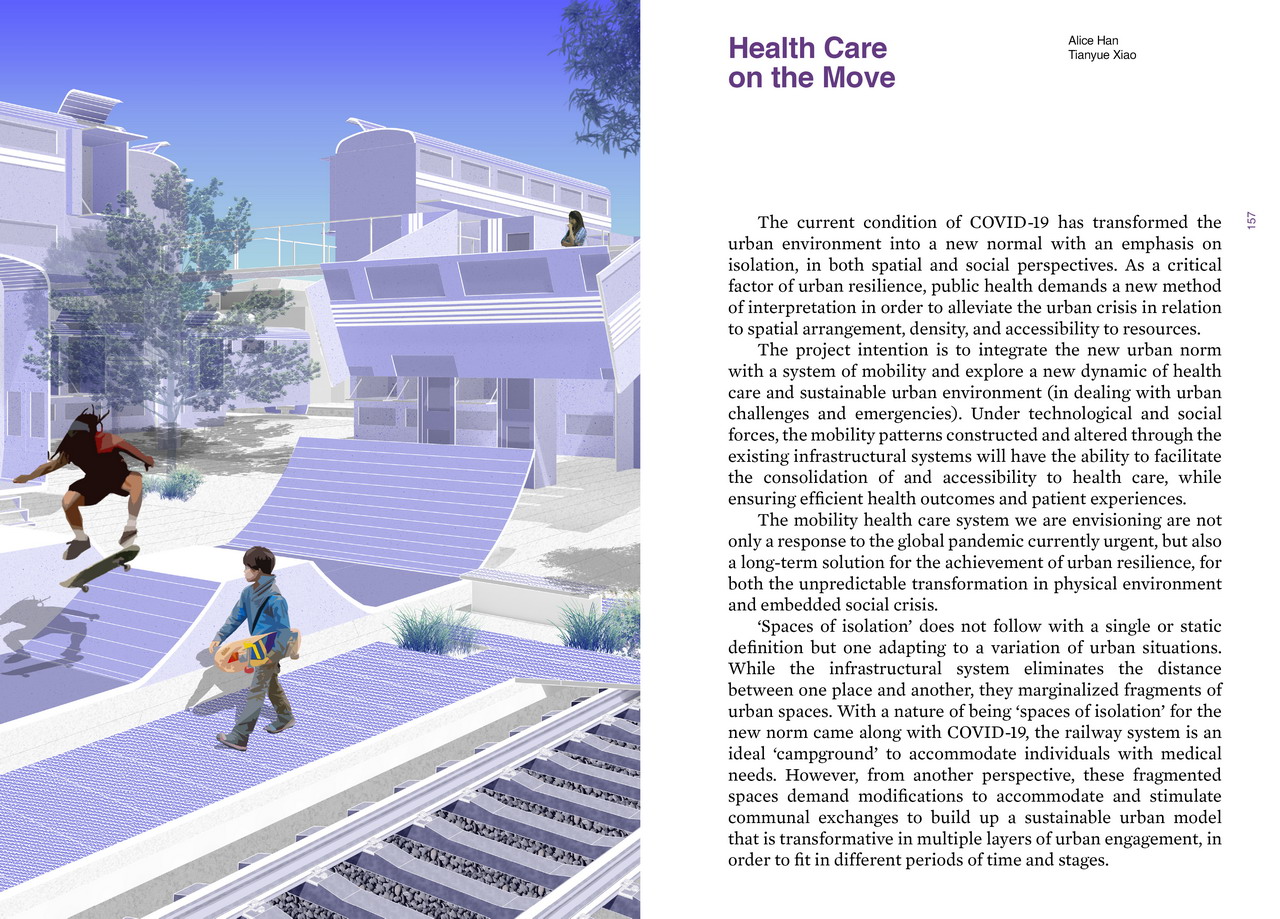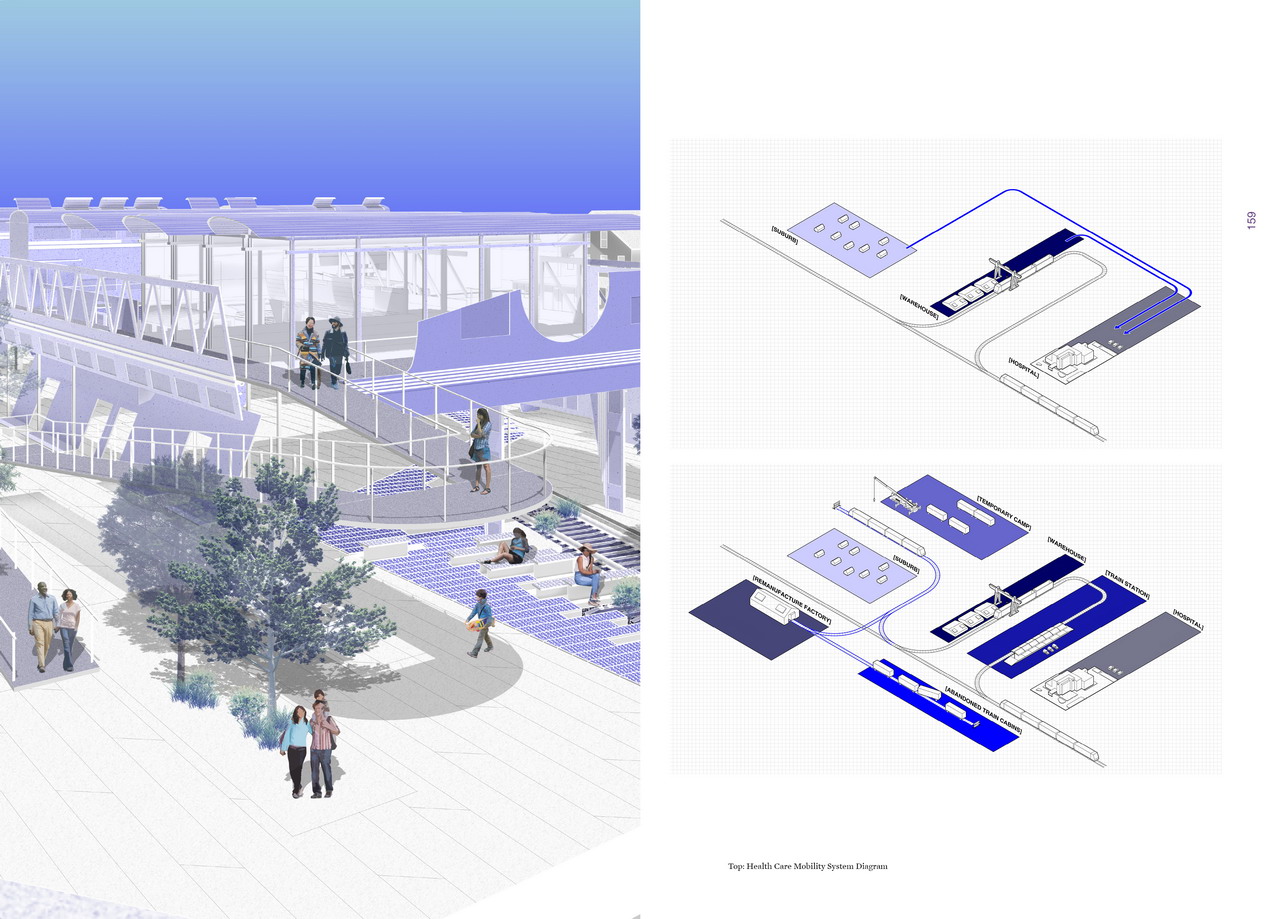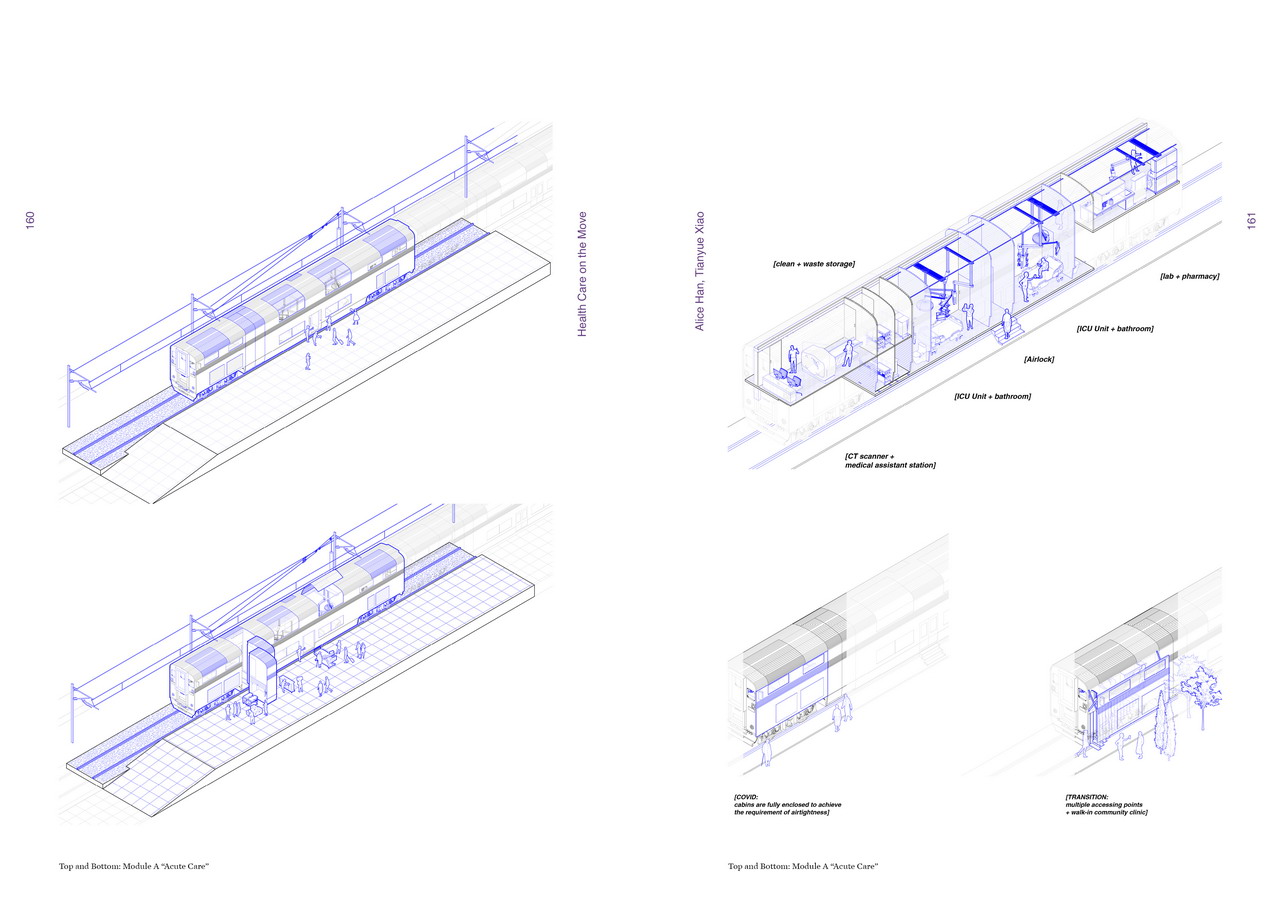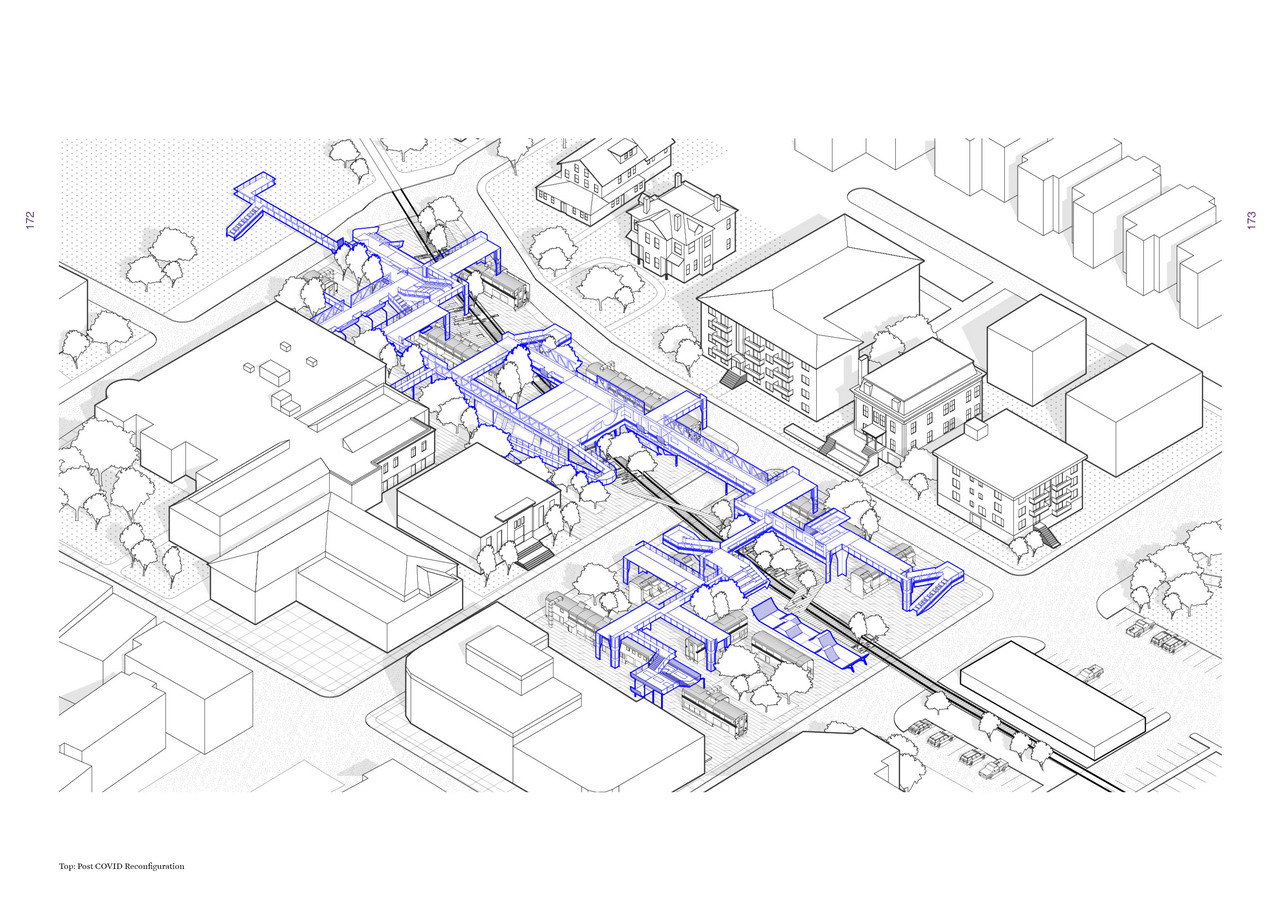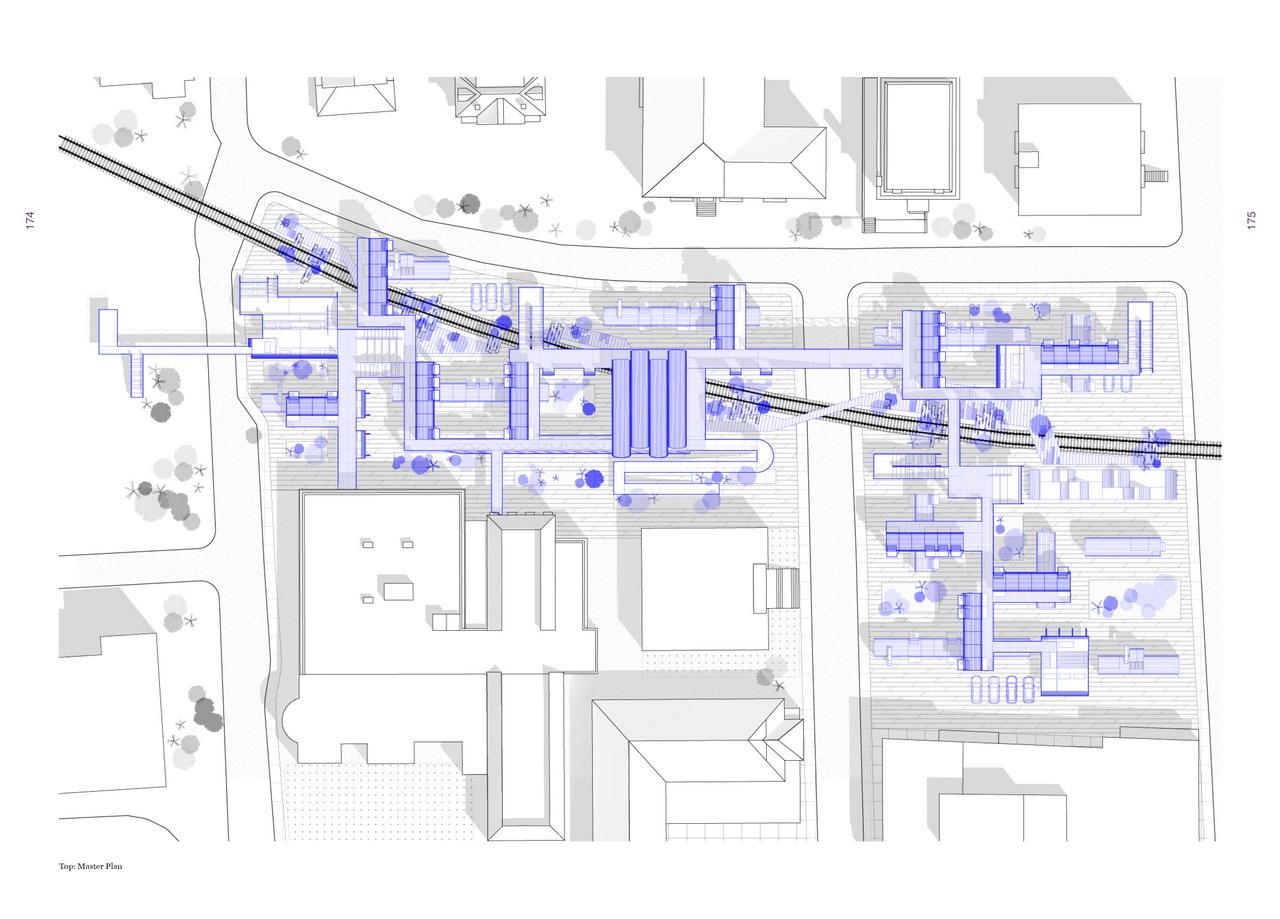SPACES OF ISOLATION
Bridges Between Home and Health Care
Modular units are an emerging and strategic development in triage within public health systems. The new reality brought about by the current pandemic exposed weak points in hospitals and other health care facilities – as well as highlighted the need for constant change and adaptability. The latest studies have indicated significant correlations between novel viruses and humanity’s careless attitude toward nature, which is primarily manifested in deforestation and other means of land conversion. Such practices are driving exotic species out of their evolutionary niches and into man-made environment, where they interact and breed new strains of disease.
During the seven-week course, we examined many possibilities for the development of future isolation schemes as possible.
Home isolation is a valuable and valid alternative to a hospital setting, requires behavioral change, but no additional investment in infrastructure. The students tried to address this issue by proposing modular units of several different scales, applicable to different housing models. The principal feature of proposed isolation units is quick assembly and transportation between locations. Health care providers all over the world have repeatedly lamented the lack of effective communication and poor economic use of equipment. This situation requires novel micro-scale systems of help that could potentially ensure a higher quality of handling the pandemic in terms of the global community.
Studio Instructors
Rok Oman, Špela Videčnik
Teaching Assistant
Aryan Khalighy
Technology Advisor
Hanif Kara
Students
Xin Chen, Yuhe Ding, Haoran Zheng,
Chun Chen, Sohun Kang, Sean Kim,
Dania Ghuneim, Min Park, Jan Kwan, Gabriel Lam, Alice Han, Tianyue Xiao
Review Critics
Friedrich Ludewig, Hanif Kara,
Markus Krauss, Marco Canevacci
(Dr. Trouble), Yena Young (Ms. Bubble), Tobias Putrih, Dr. Marko Pokorn,
Bekim Ramku, DK Osseo-Asare,
Sarah Whiting
